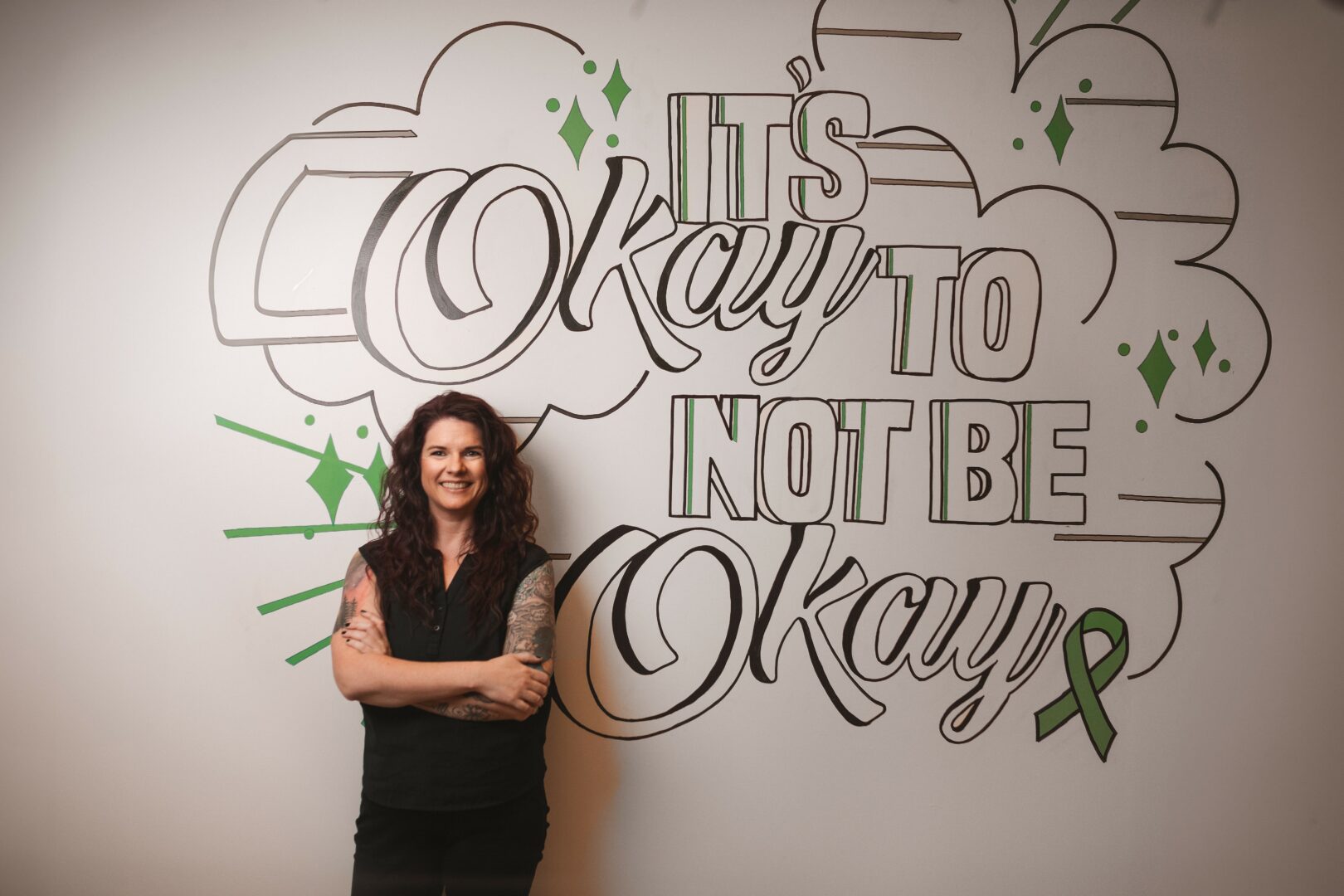We’ve got some of the most incredible artists, creatives and entrepreneurs in our community and we are constantly shocked by how prevalent imposter syndrome is. So many incredibly talented folks are haunted by self-doubt by a society that often tells you not to think too highly of yourself, but in order to have the strength to take on big challenges and make meaningful change in the world you’ve got to believe in yourself and so we wanted to create a space for conversations around overcoming imposter syndrome.
Ana Maria Cattani
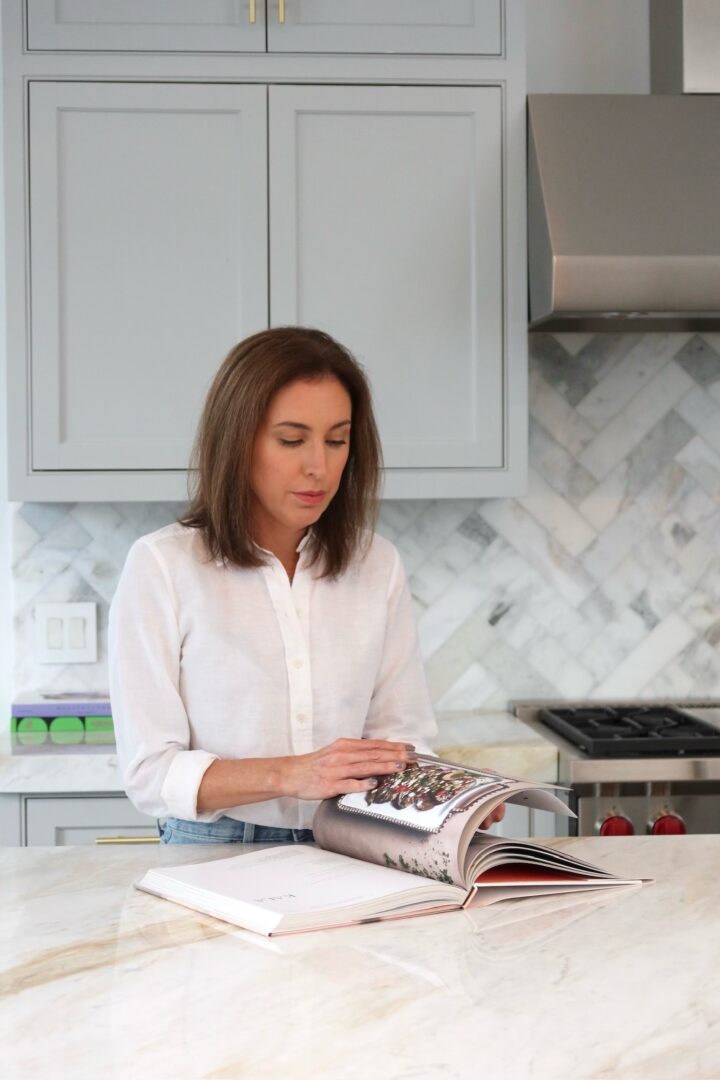
I’ll be honest, this is something I still struggle with. Especially in a time when wellness has become so popular and the space is filled with influencers, it’s easy to feel like you’re not doing enough or that you don’t belong. But what has helped me the most is going back to the real stories and real women I’ve worked with. Every time a client shares how a small shift we made together helped her feel more energized, more confident, or simply more in tune with her body—that’s when I remember why I do what I do. Read More>>
Liz Watts

I believe that imposter syndrome isn’t something you overcome, but rather an overhelpful and sometimes misguided part of you that is helping you stay on track. We all need a little imposter syndrome to keep ourselves in check, but it certainly can go too far the other way. Read More>>
Venetia Lyons
How I overcame my impostor syndrome at 60 years old was a choice. I had to decide if I wanted to continue on the path of self-doubt or venture into a new path of choosing purpose over perfection and committing to living authentically, boldly, and without apology.
First, I had to be honest with myself and admit that I was afraid of change. I was not sure of how to change and I did not have the confidence in myself to do the work. Read More>>
Eileen Bray
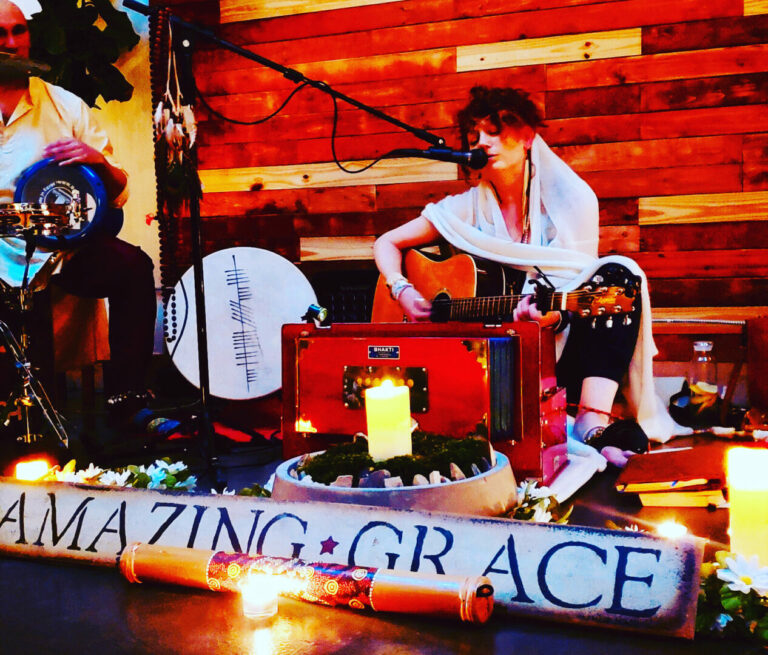
It took me my whole life to step through crippling fear of not being able to good enough to step out with my music.
I lived in Nashville at the time and I was married to a musician but I was not the musician! I stayed silent for years until the compulsion was non negotiable to step forward and bring my musical creations to the world . Read More>>
Randell Beck
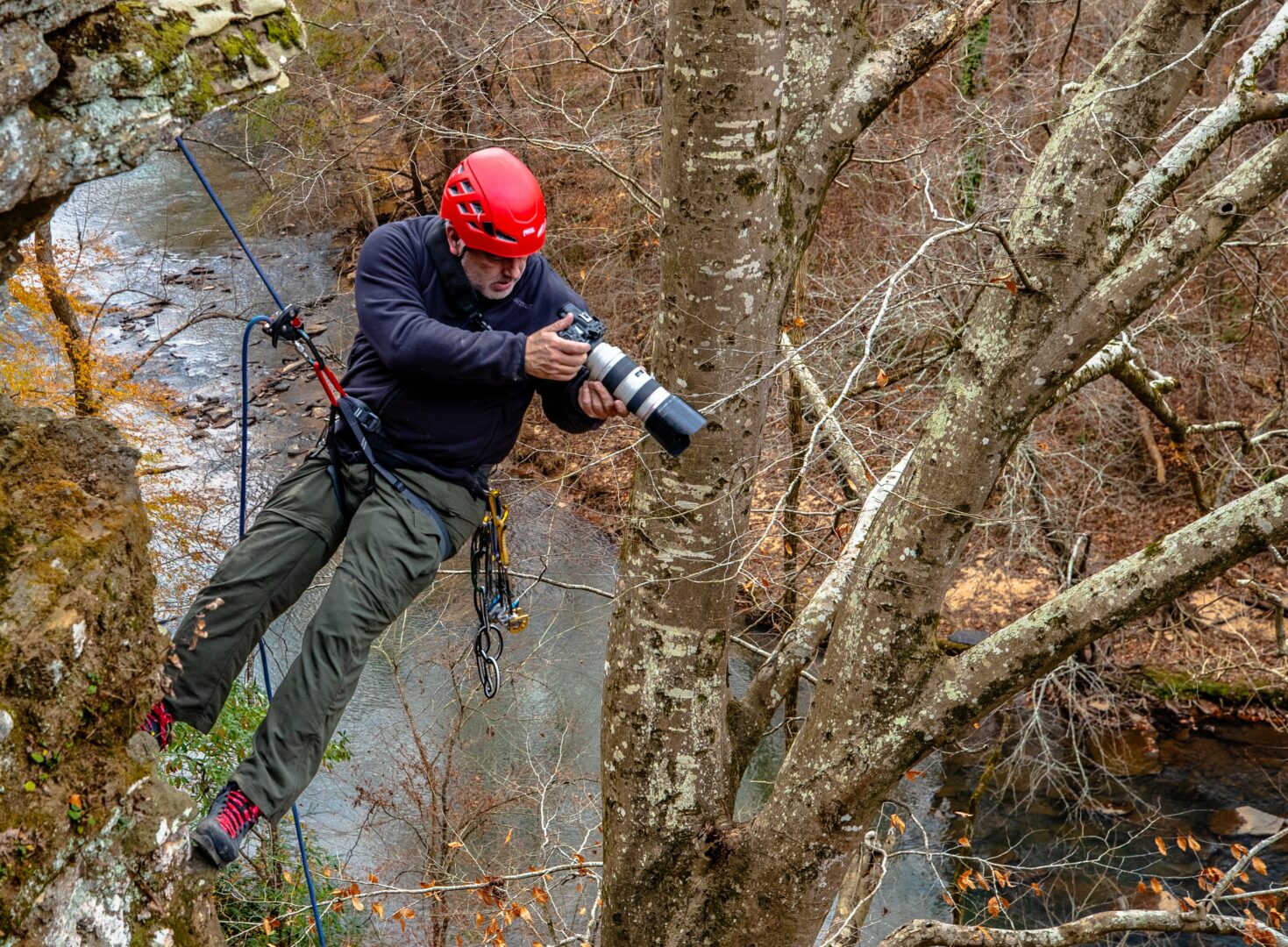
You don’t overcome it by talking yourself into confidence.
You overcome it by building something real.
I’m a former Naval Commander, yes—but I’m also a self-educated filmmaker, a business owner, and a creative director leading a studio that makes elite, emotionally resonant marketing content. I didn’t come from a traditional path. I didn’t have a film school mentor, a Hollywood plug, or a corporate safety net. Read More>>
Nuno Andrade
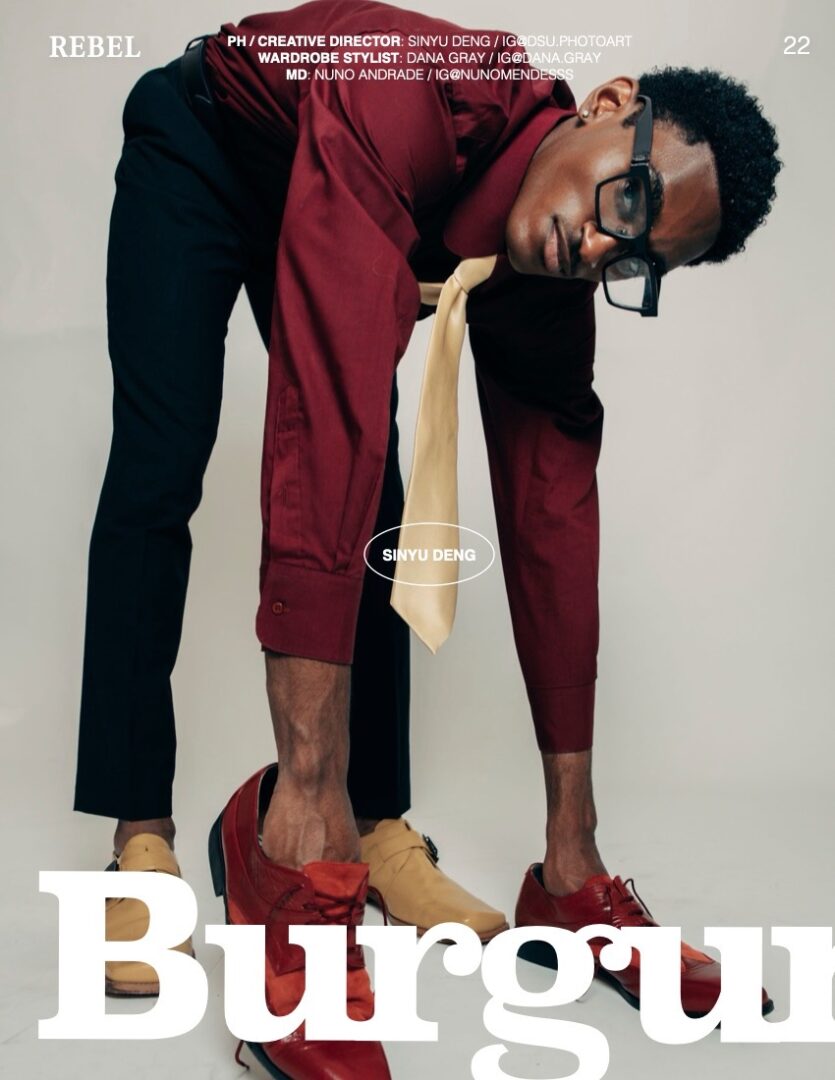
Honestly, I’m still working through it sometimes. I’ve had moments where I walked into rooms, internships, or creative spaces and thought, “How did I get here?” I started leading organizations, building things, getting published, and getting invited into spaces that I once only admired from the outside — all at an age where I still feel like I’m figuring myself out. Read More>>
Ashley Weller
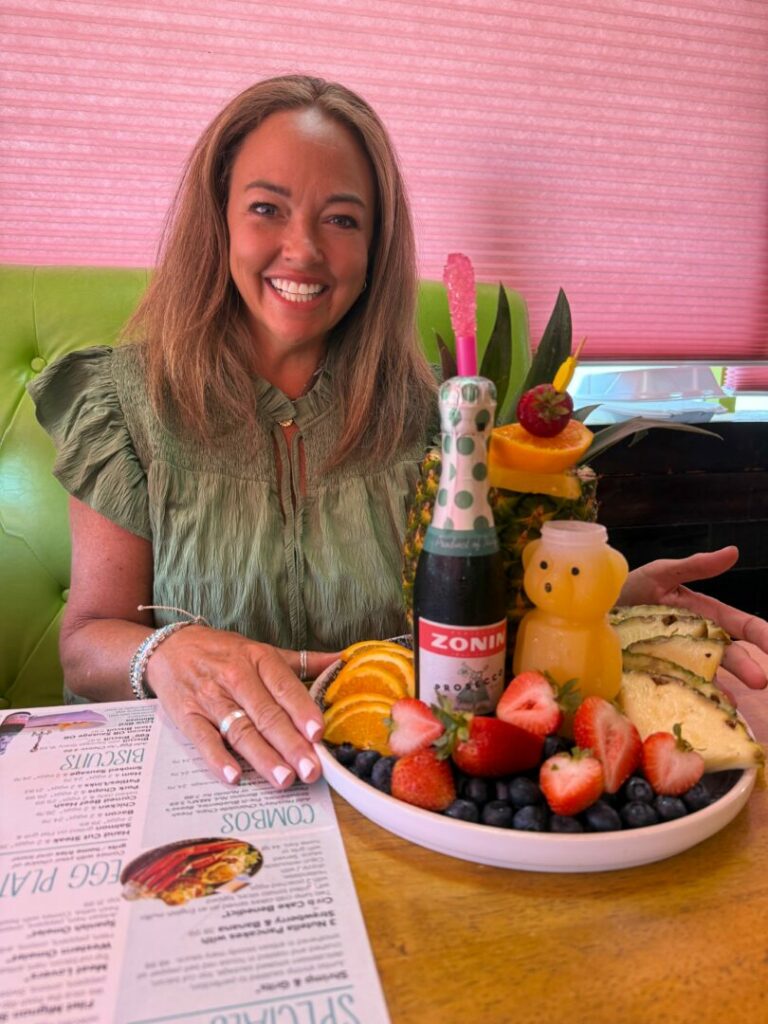
Honestly, I did not believe that there was anything like imposter syndrome. I had never experienced it until I started taking social media influencing seriously.
When I began influencing, I was forty years old and everyone else was in their twenties. I was nervous…did I belong here? Did I know what I was doing? Am I too old to do this? Read More>>
Marisa
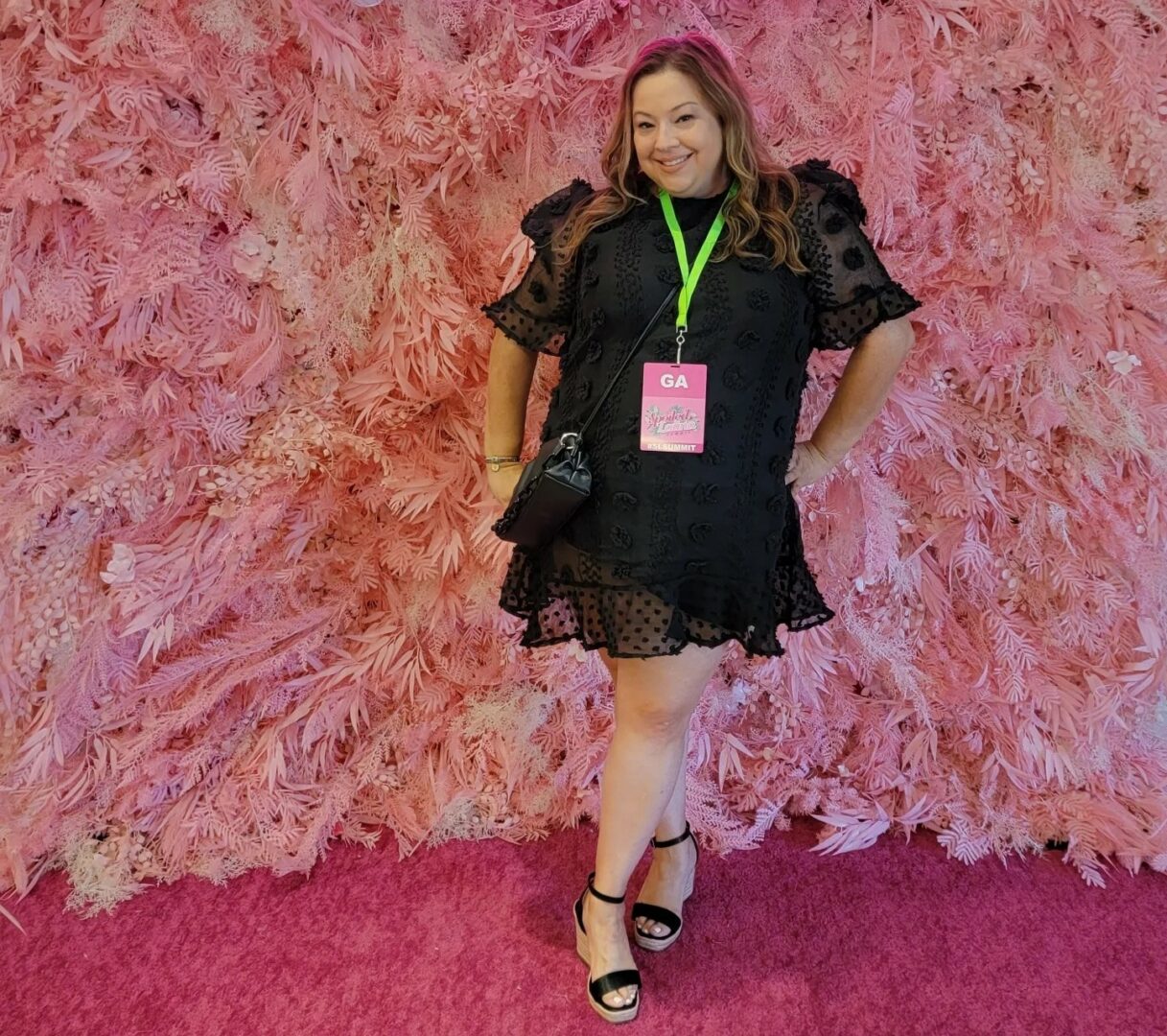
Starting my blog 9 years ago and launching my podcast a year later was never just about creating content, it was about creating connection. I wanted to build a space where stories mattered, where Latina voices, especially women’s voices, could be seen, heard, and honored. But what I didn’t expect was how loud my own inner doubts would be along the way. Read More>>
Philip Thomas

Every artist—whether you’re just beginning or have been in the game for decades—has likely felt that uneasy tug: “What if I’m not good enough?” Or, “What if they realize I have no idea what I’m doing?”
That’s imposter syndrome. And for photographers like me, surrounded by endless reels, curated grids, and pressure to impress, it can feel deafening.
I’ve been there. Truly. Read More>>
Cara & James Kerouac
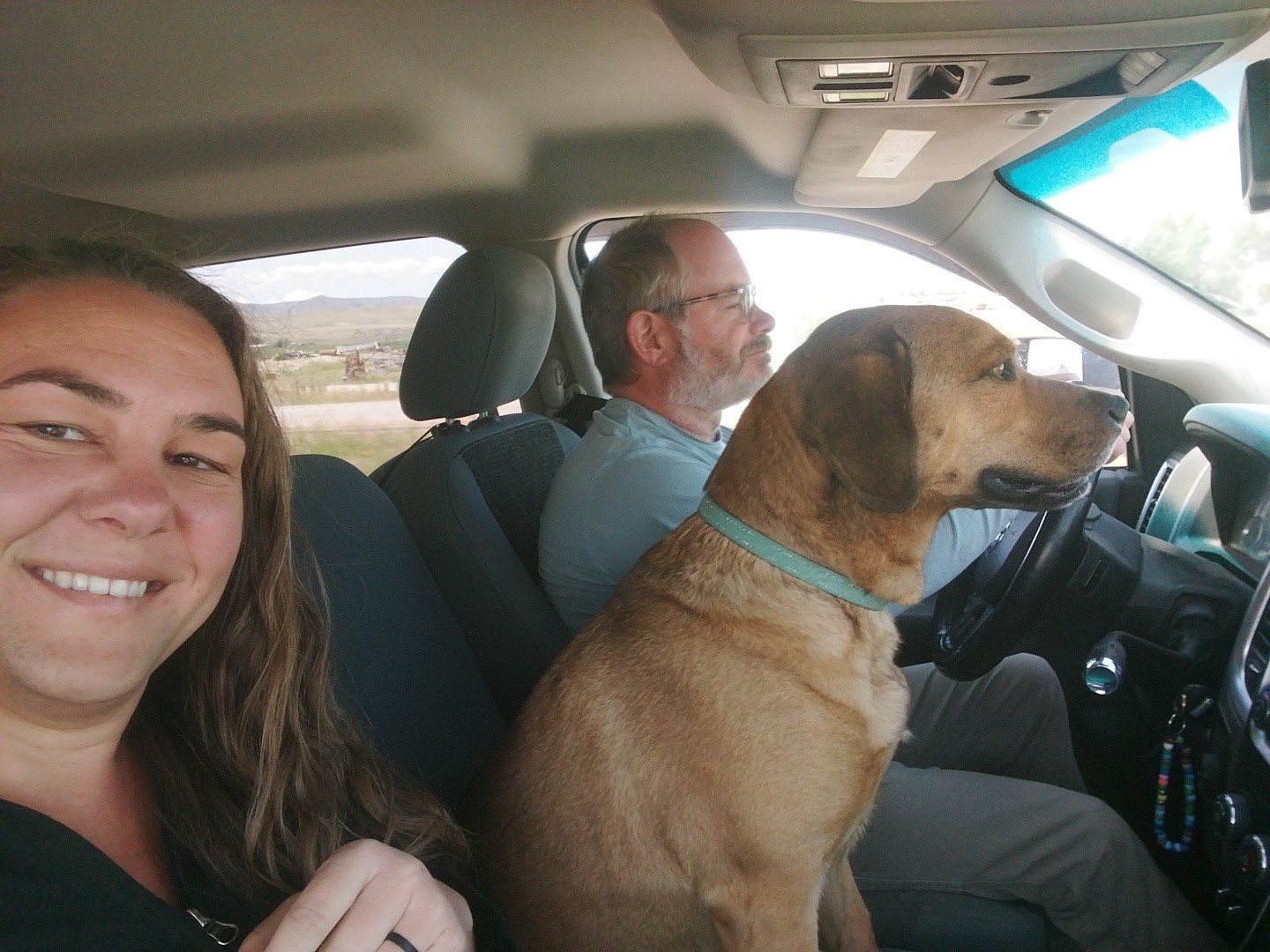
Honestly, we’re still overcoming it. Imposter syndrome is one of those sneaky shadows that shape-shifts with your growth. The more we step into our voice, the louder the inner critic sometimes becomes—but we’ve learned to stop giving it the final word.
We used to think imposter syndrome was just about self-doubt. But what we’ve realized is that it’s often the byproduct of perfectionism and old programming. We grew up in environments where our worth was performance-based. That conditioning taught us to downplay our strengths, doubt our intuition, and seek validation in all the wrong places. Read More>>
Brianna Reinhold
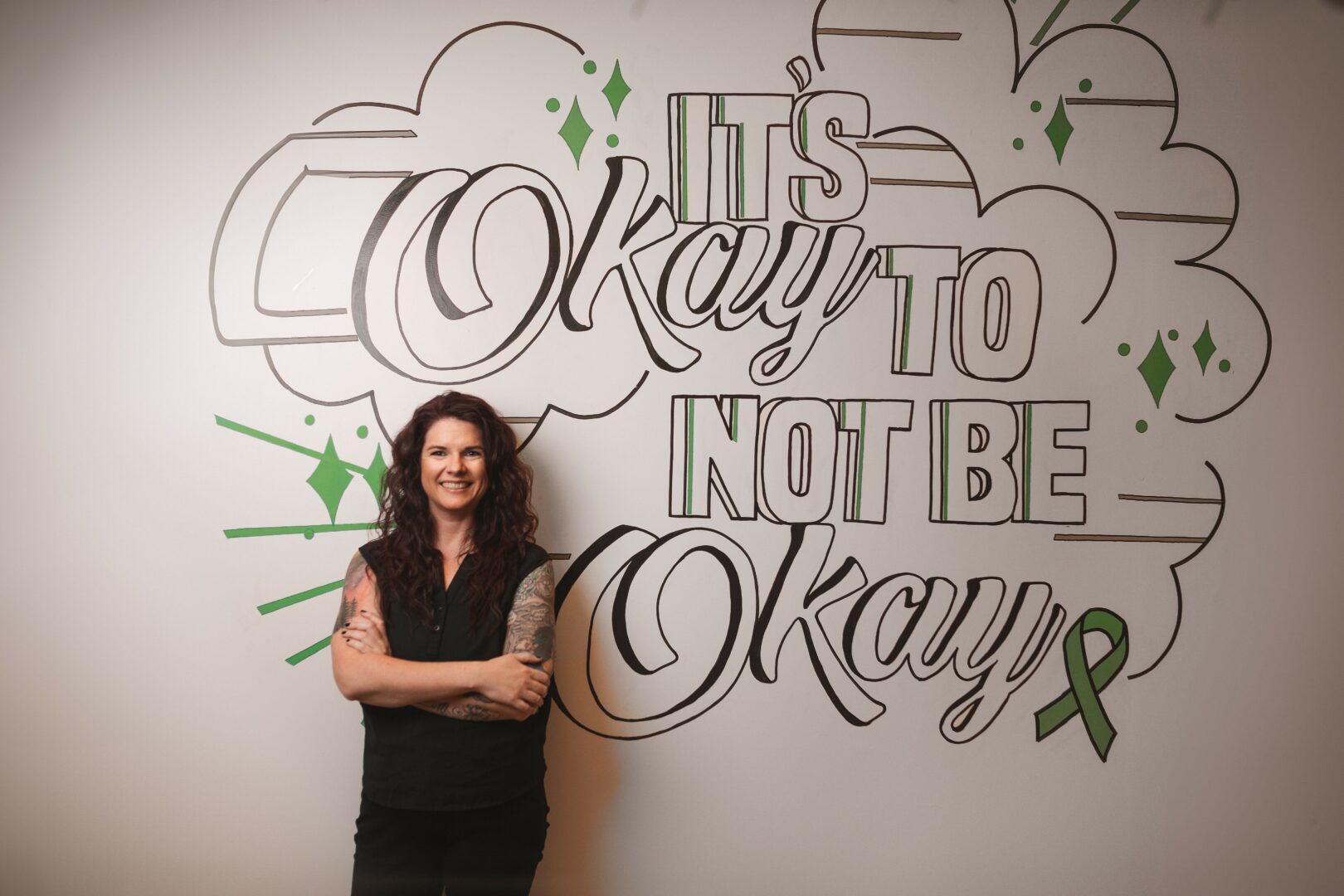
I don’t think I’ve overcome imposter syndrome — and honestly, I’m not sure I want to. It’s still there, just quieter now. It used to run the show, especially early in my career. Even though I had the training, the credentials, and was working in a specialty field where I knew the material well, I constantly felt like I had to be better — like what I brought to the table wasn’t enough. Read More>>
Amy Schadt
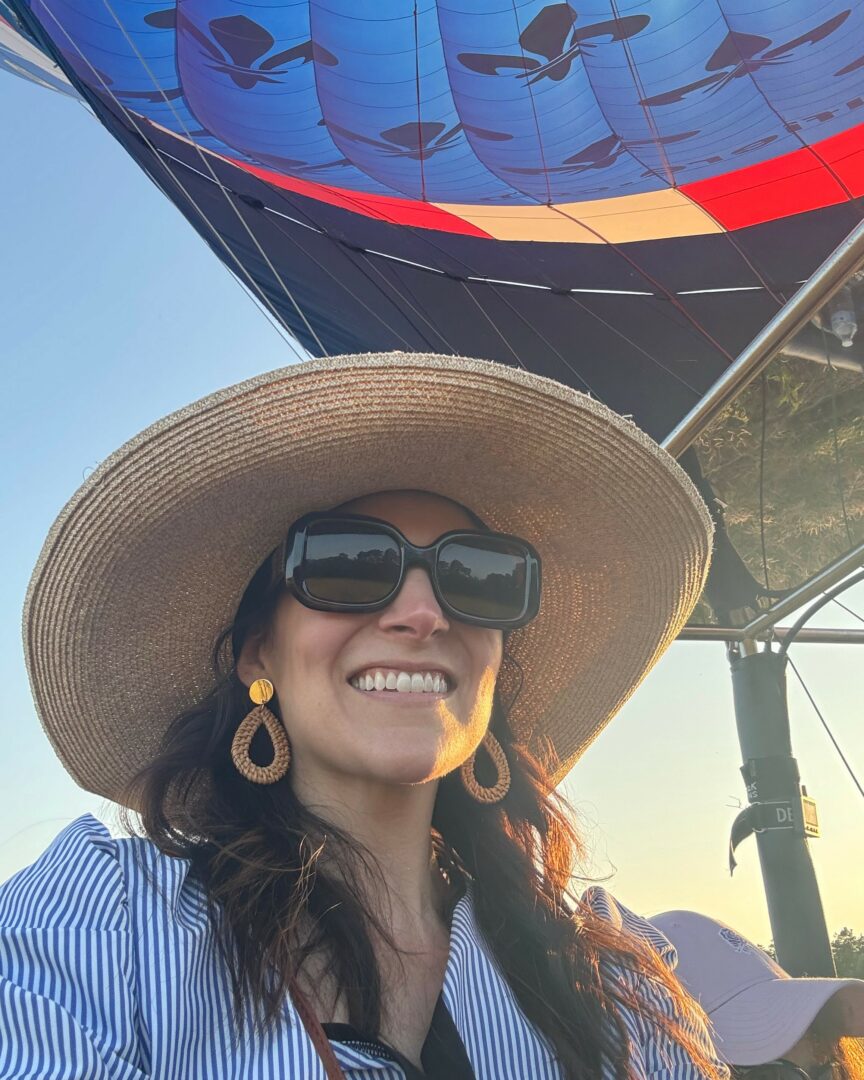
Ugh – this is a tough one!
In all honesty… it’s an ongoing battle. There are some days when I wake up and think… why would anyone want to hear what I’ve got to say?
But then I go out into the world and have a few conversations. Anytime I end up talking about what I do, people are really interested and have literally NO idea how it works. Read More>>
Kelly Turro
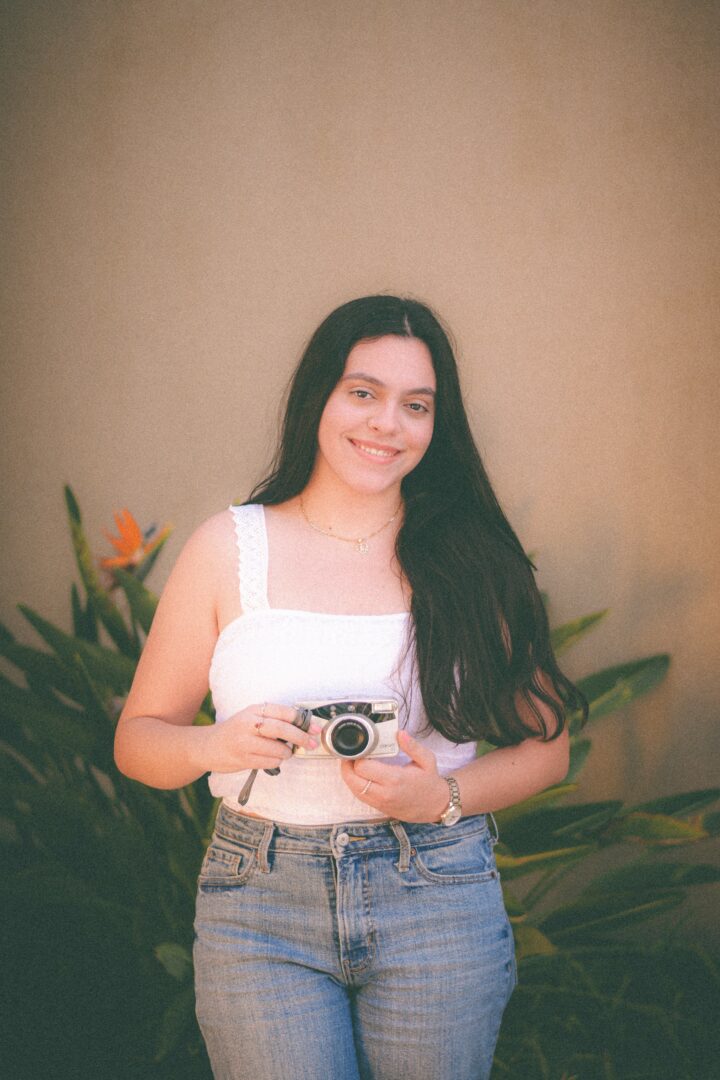
Through integrating myself more and more into the photographer space, communicating with other photographers from all different types of styles. This allowed me to realize that each photographer comes from a different background, and I can find a place for myself within the community. Read More>>
Dr. Alyssa Cole

As a physician and content creator (@doctor.cole), I have had years of experience caring for patients, giving lectures, and presenting at conferences. But with each public speaking event or patient encounter, there always comes a moment right before I introduce myself that I think back to my first year as an intern. I remember donning my long white coat and looking down at my name badge with the designation “Doctor” in big bold letters. Read More>>
Janaisia Davis

Full transparency, I still struggle with it some days! And I feel like most people have days or seasons where the imposter syndrome creeps up! I have days where I feel self doubt, or feel like I’m not capable of what I’m doing! However, when I get in those ruts, I remember that God would not place a passion/fire in my heart about something if I wasn’t capable! I also find watching mindset shift content helps as well! I feel like I’m in a constant battle with myself, but I always come out on top, better than ever! Read More>>
Eric And Lauren Wiehe
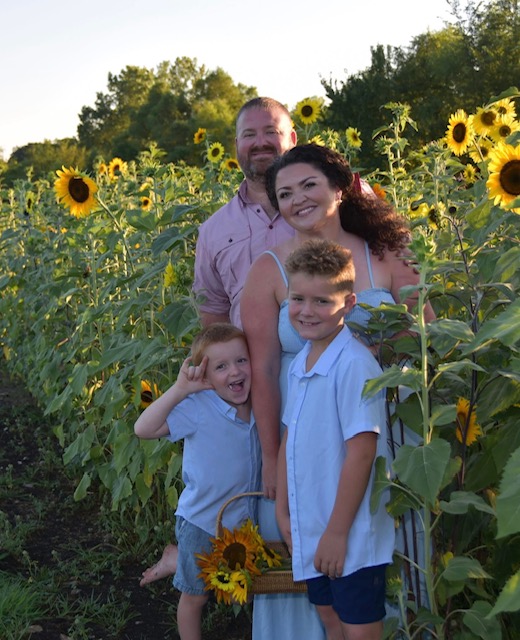
Anytime someone asks me about our ability to do something new or different at the farm, I think “let me ask the boss”… and then I remember that, that’s me! What a gift it is to have the freedom to help others make their dream or vision a reality without having to consult a manager or board before making a decision. Every season I feel like an imposter until the very first bloom opens, then everything else falls in to place. I don’t know that, that feeling will ever completely go away. Read More>>
Kelly Cain
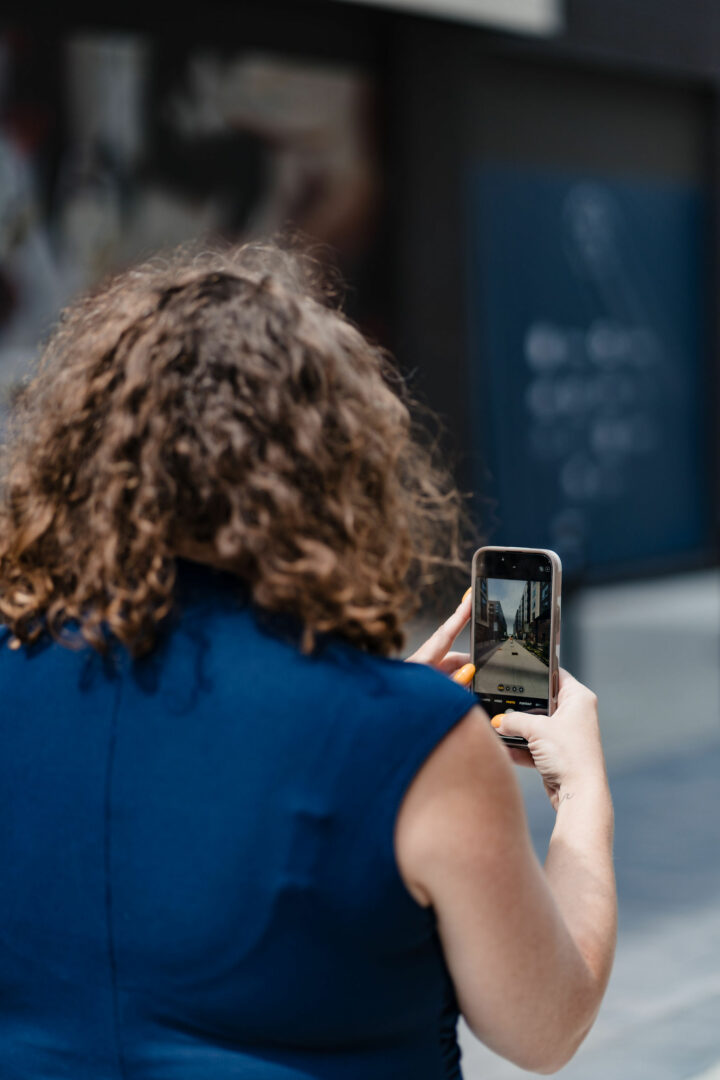
Social media can make you feel like everyone else has it all figured out. I had to remind myself: curated isn’t the same as complete. My journey is valid, even if it looks different. Read More>>
Kristen Tipaldo
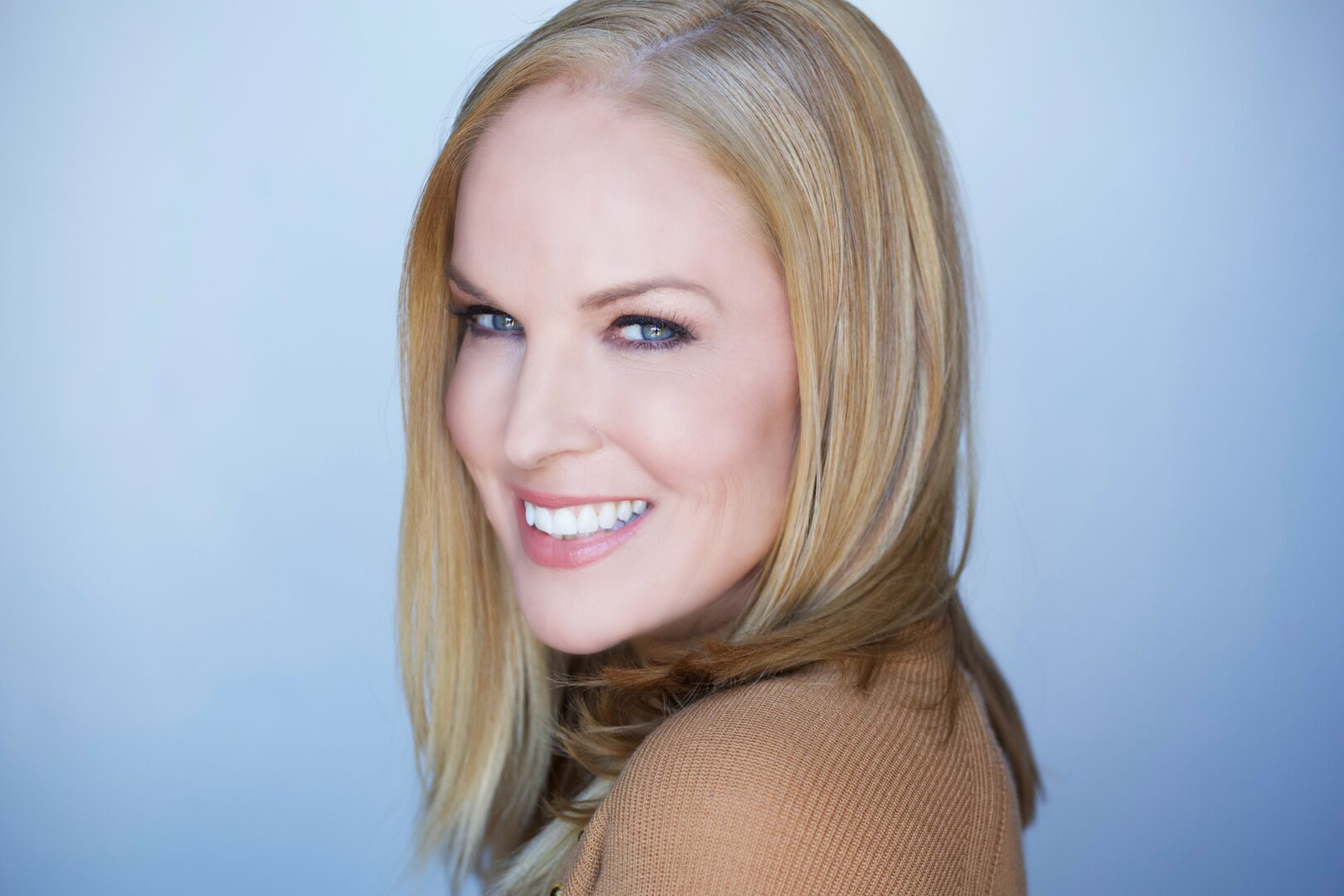
I don’t think I have overcome imposter syndrome. However, I don’t think this is a negative thing. To not quite be sure if you are up to the task or if you belong somewhere keeps me humble and on my toes.
I have accomplished so much in my 20-year career so far, much more than I imagined at the beginning. I remember sitting in the last year of my Master’s degree in Oriental Medicine and being so fatigued that i couldn’t remember what I studied. Read More>>
Yaasameen Garrett
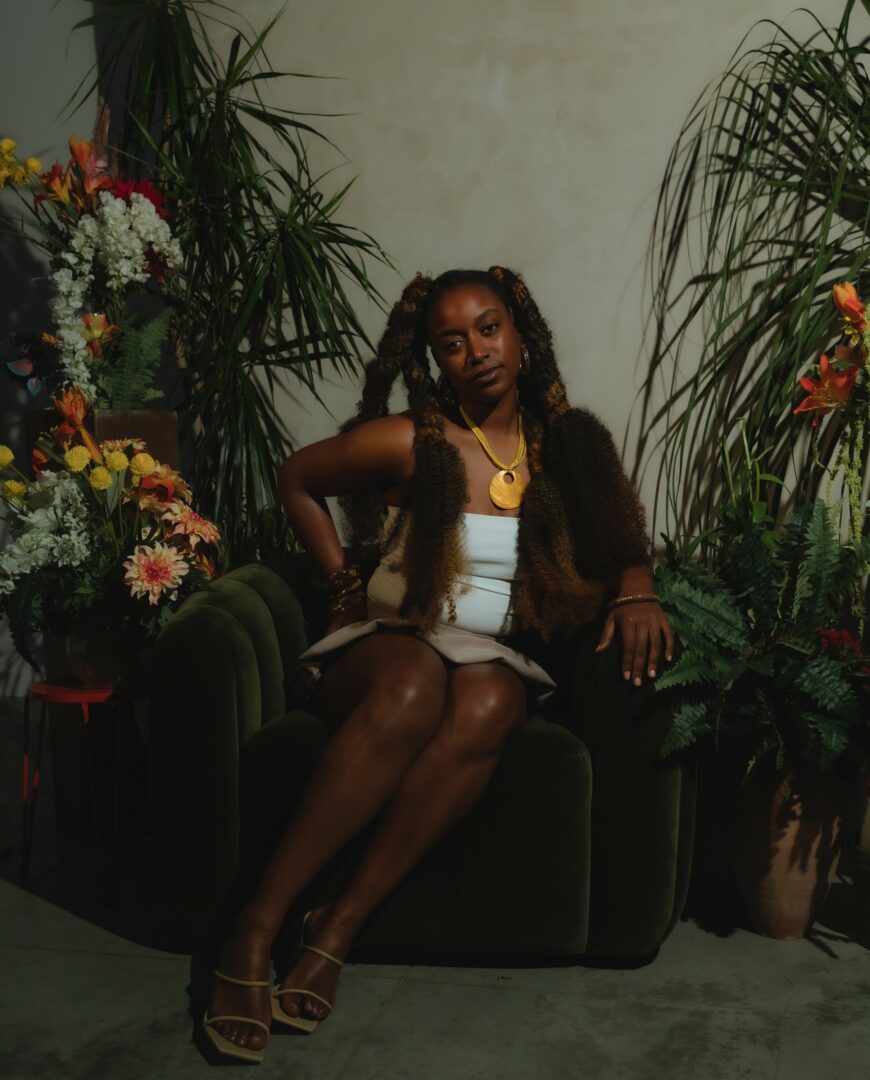
Honestly, it is a continuous uphill battle. It has taken me months to even respond to this interview request because I am constantly fighting these feelings of why me. On the flip side, WHY NOT ME? I am now questioning the questioning of myself. I will list out the things that I have done just so that I can remind myself that I am that girl. I think sometimes we get so caught up in just doing what we love and what we are passionate about that we don’t think about the impact. Read More>>
MICHELLE LEDESMA
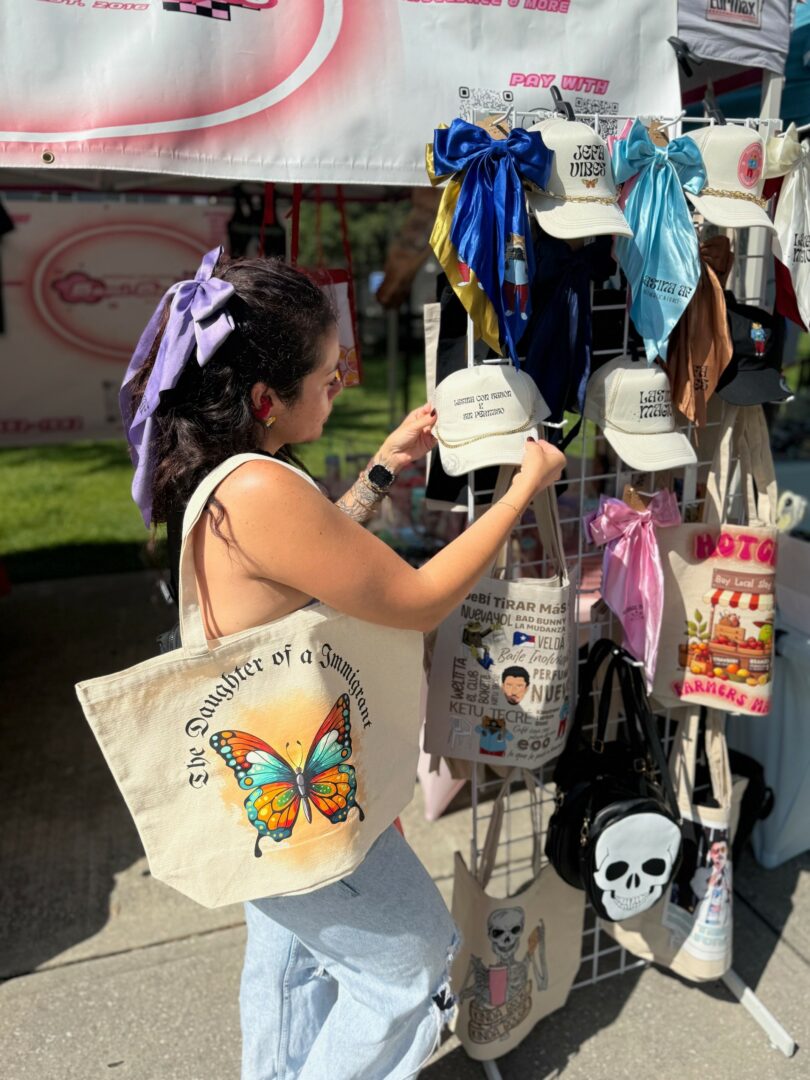
I overcame imposter syndrome by choosing to believe that my work matters, even when my inner critic was loud. I stopped waiting for external validation and started trusting the proof in my own journey the late nights, the hard decisions, the risks, the growth. Literally blood sweat and tears. I reminded myself that no one starts as an expert. Read More>>
Sarah
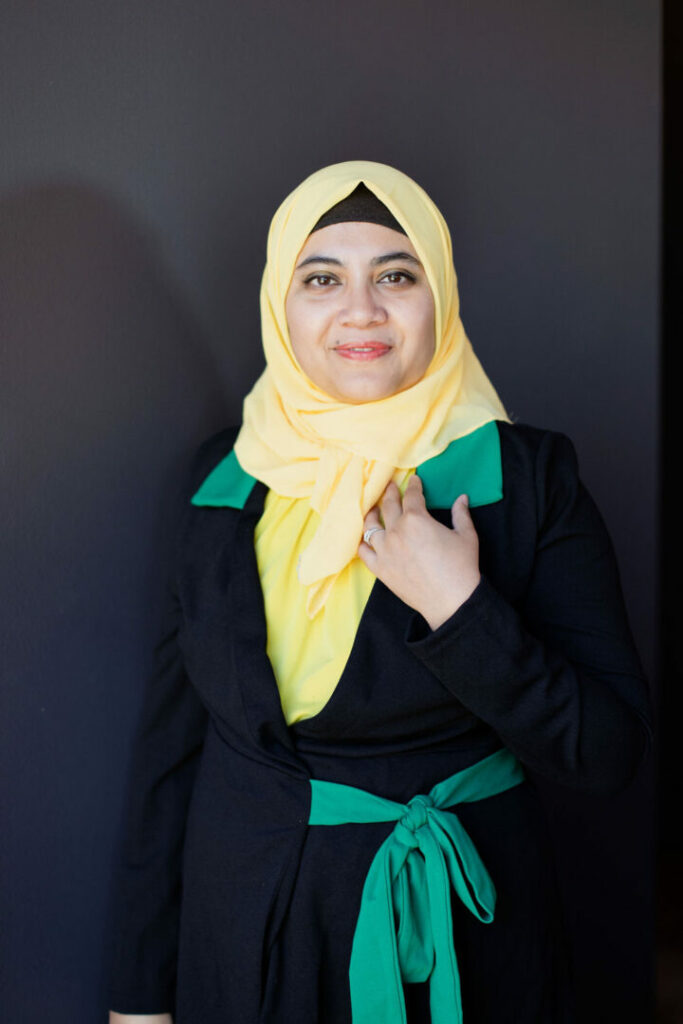
I didn’t realize I had imposter syndrome.
It was so part of my cultural upbringing to be humble and not draw attention to the self. It is used as a grounding technique- to be aware that there is always someone wiser, someone better to stave off arrogance from taking seed in the heart. Additionally, it is looked down upon to appear superficial and to do something just for likes and comments. I do see the wisdom behind this practice. It is to increase authenticity, sincerity, and purifying the heart. So I took it as a positive decorum to work in anonymity and prove my sincerity to my cause. Read More>>
Lucia Lombardo
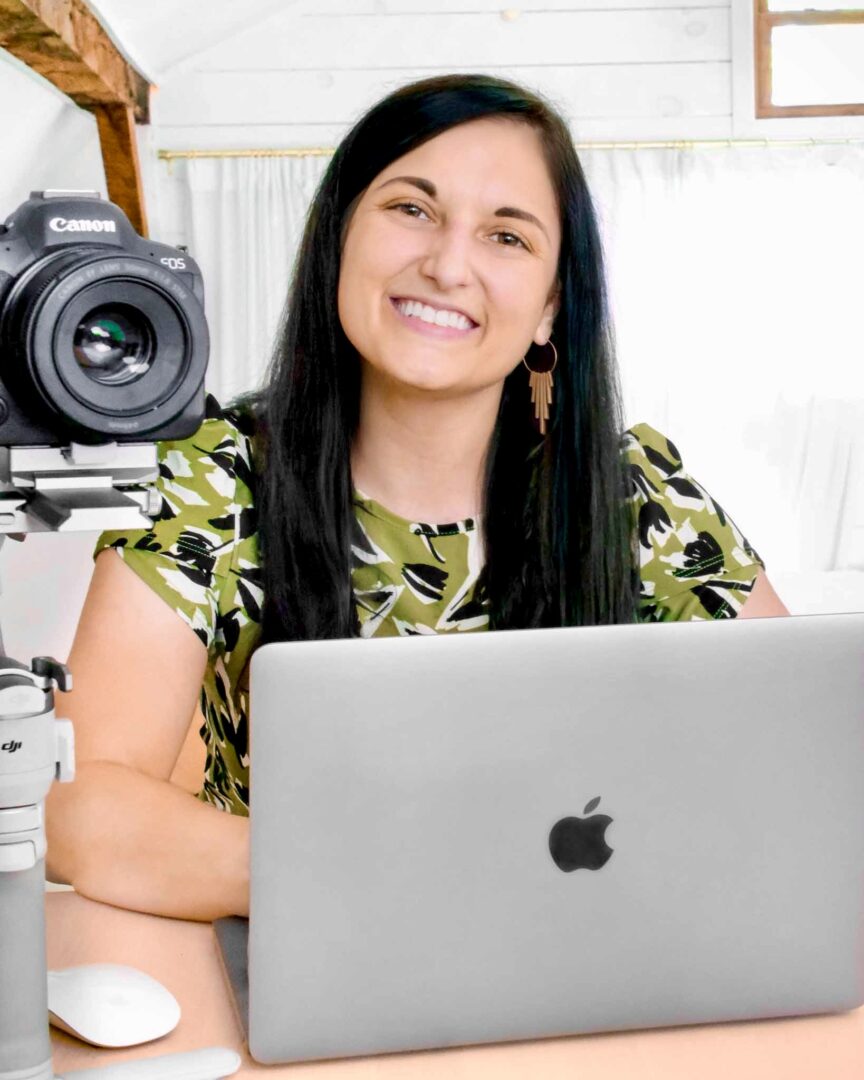
Do It Scared
My Journey Through Impostor Syndrome
Have you ever felt like an impostor? Like everyone around you believes you’re more capable than you really are? For most of my life, that feeling followed me everywhere.
Growing up, people would comment on my height and legs. As a short Italian woman with what my family lovingly calls my “Pelino Legs,” I often heard, “You must be a gymnast!” And for a while, they were right. Read More>>
Daisha Truitt
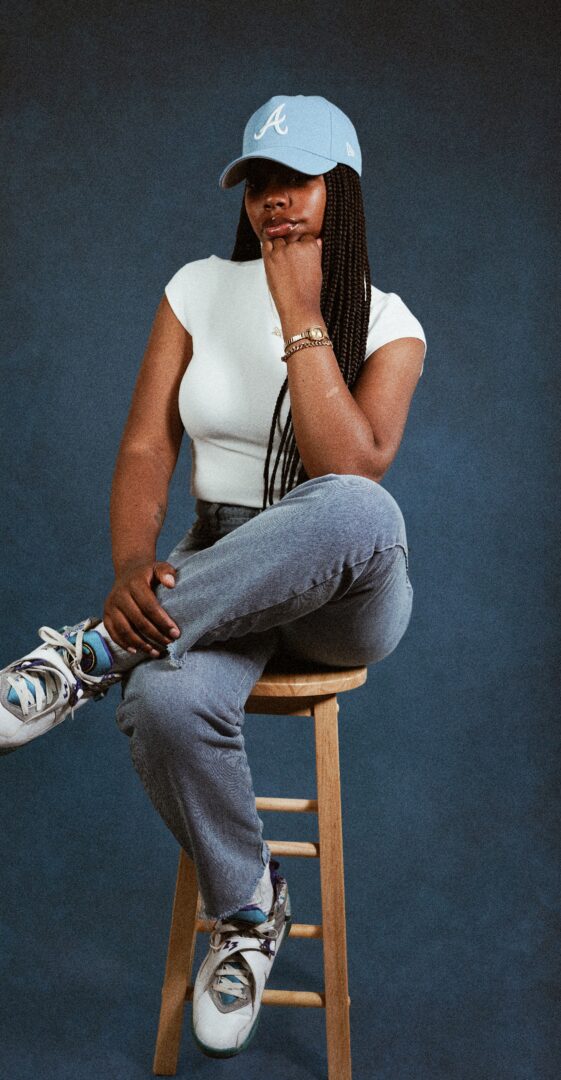
I don’t think I’ve completely ‘overcome’ imposter syndrome, but I’ve learned to stop letting it control me. Living with borderline personality disorder means my emotions and self-image can shift quickly, so I focus on grounding myself in the work. I celebrate small wins, remind myself my perspective is valid, and lean on a support system that believes in me when I can’t. Over time, I’ve realized my sensitivity is actually one of my strengths—it helps me connect deeply with my subjects and tell their stories authentically. Read More>>
Roman Kovalenko
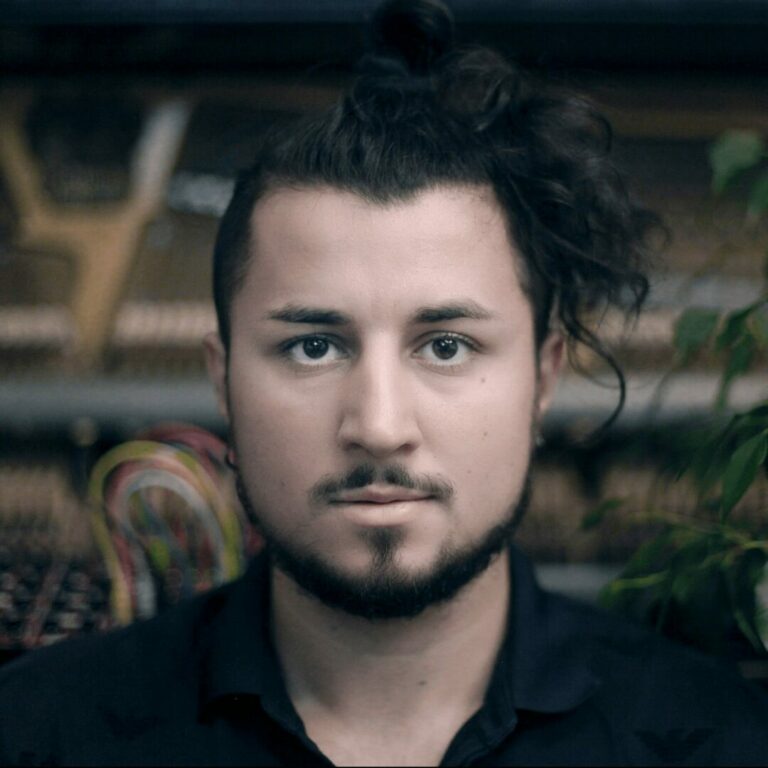
When I was growing up, I never had the chance to attend a music or art school. Of course, we had some lessons at school, but in the post-Soviet country where I grew up, you couldn’t really rely on them.
When I was 14, I became fascinated by art—especially painting and music—and started looking for ways to learn and for people I could learn from. I found a private art studio and a guitar teacher, and that’s how my journey began. Read More>>
Hamda & Alma

—Hamda: I think most of us struggle with imposter syndrome because of a lack of confidence or from constantly comparing ourselves to others. But we often forget that we’re not in competition with anyone—maybe there’s no competition at all. It’s really about showing up and doing the work, whether it’s a hobby, a job, or something personal. Do it because you care, because it brings you joy, or because it might help someone else. It doesn’t have to be about being excellent all the time. You don’t have to prove your worth by excelling, and your value isn’t defined by perfection. Read More>>
Jessica Dunkel
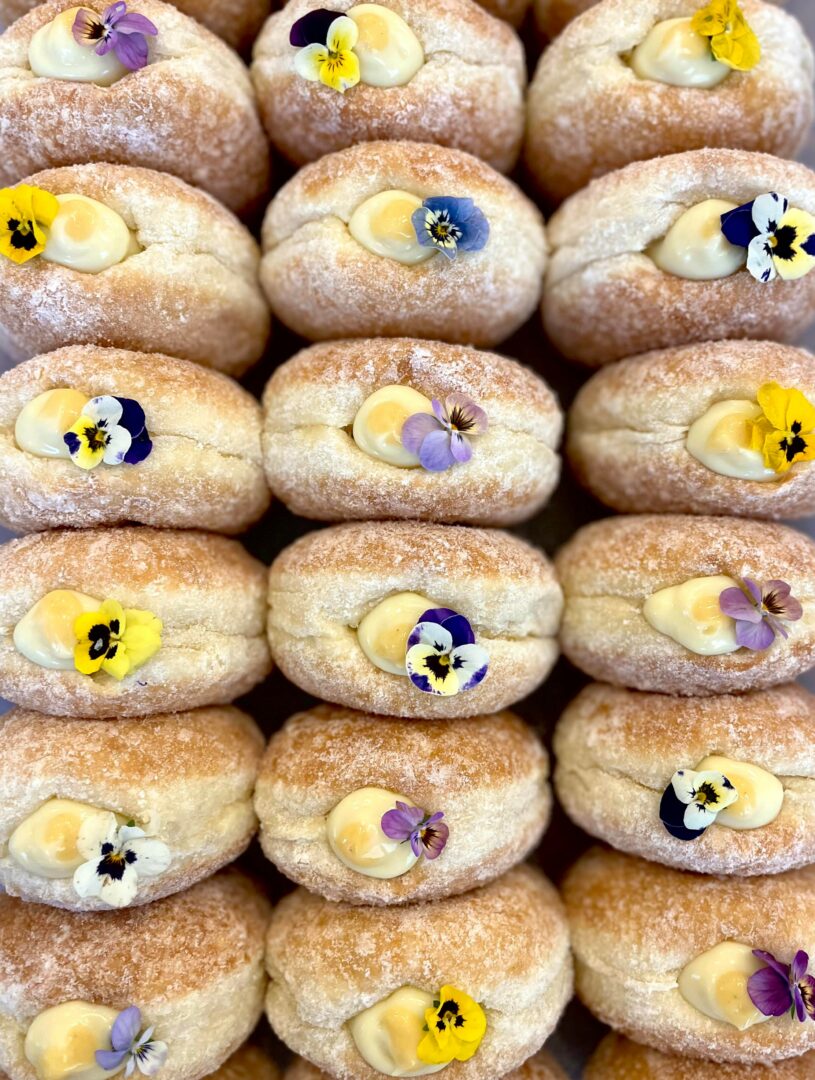
I’m not sure if I’ll ever fully overcome imposter syndrome, but I’ve definitely gotten better at recognizing and managing it when it shows up. It tends to resurface from time to time, and I think it’ll always be there in some form. This might be an unpopular opinion, but as long as it doesn’t take over, I actually see value in having it around. It keeps me humble and pushes me to maintain high standards. While I know perfection is out of reach, it motivates me to keep striving for it and to always give my best in my work. Read More>>
Ashley Blanco
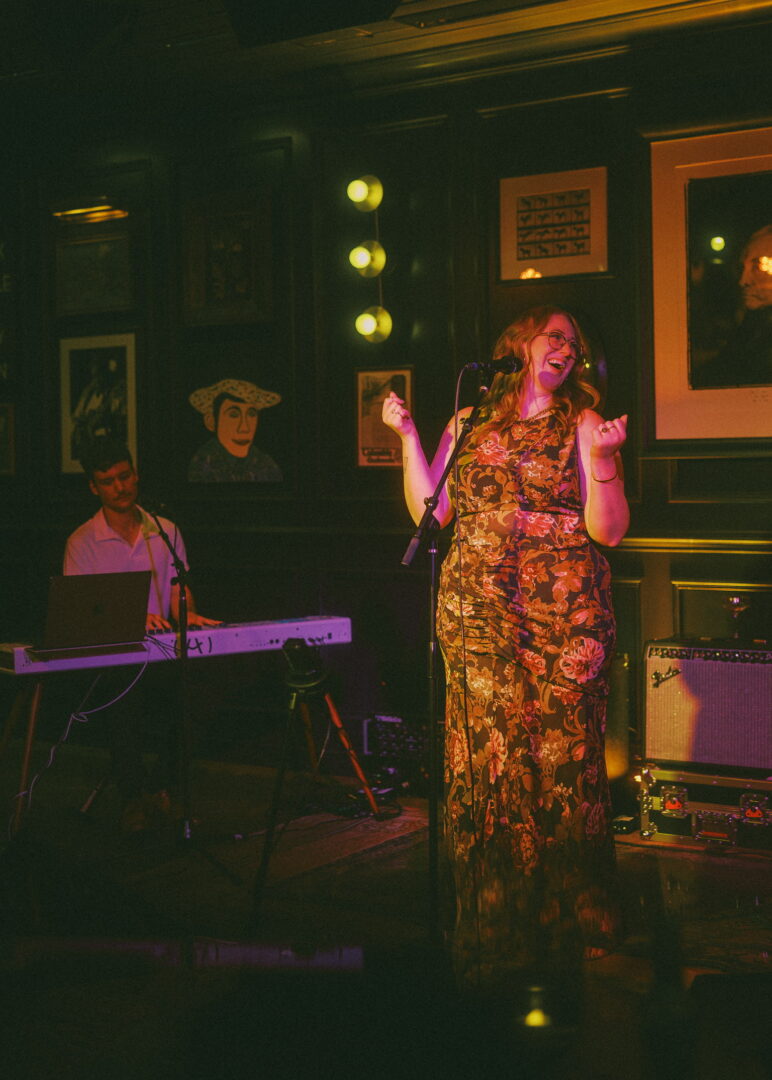
Honestly, I haven’t. But I think I talk with it more than I used to and that seems to be helping.
For most of my life, I’ve let imposter syndrome start the conversation and run the show, but these days, I feel more comfortable facing that voice in my head and asking where it’s really coming from. Read More>>
Linnaea Borealis
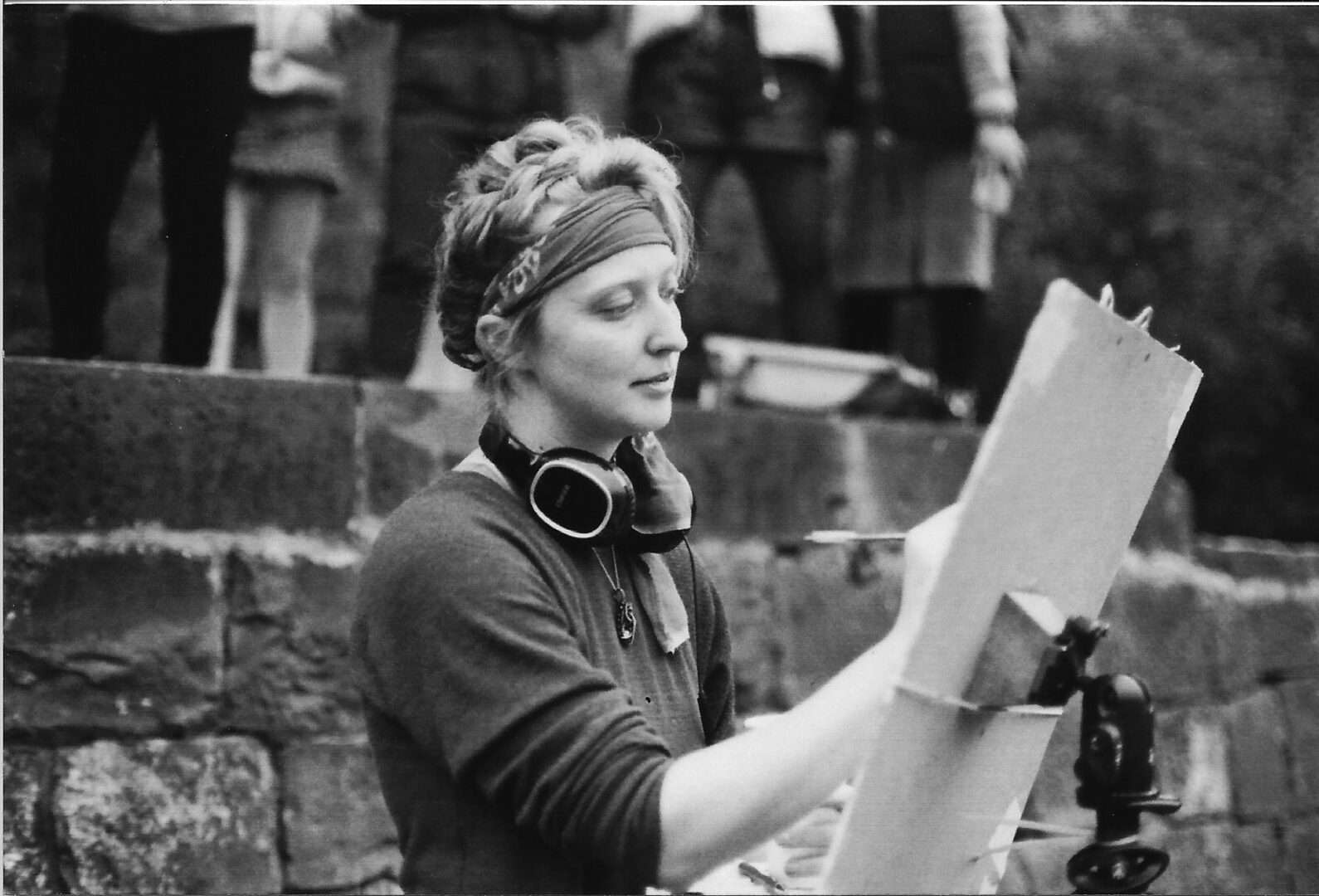
For most of my creative career I viewed my journey as a goal to become an artist. The nature of that belief alone fostered imposter syndrome, and it wasn’t until I became involved in my local art community that I faced that feeling head on. I believe that all artists face this obstacle, because unfortunately artistry can be generally treated as a hobby if it is not protected behind the veil of professionalism in the industry. Read More>>
Jūratė Brown
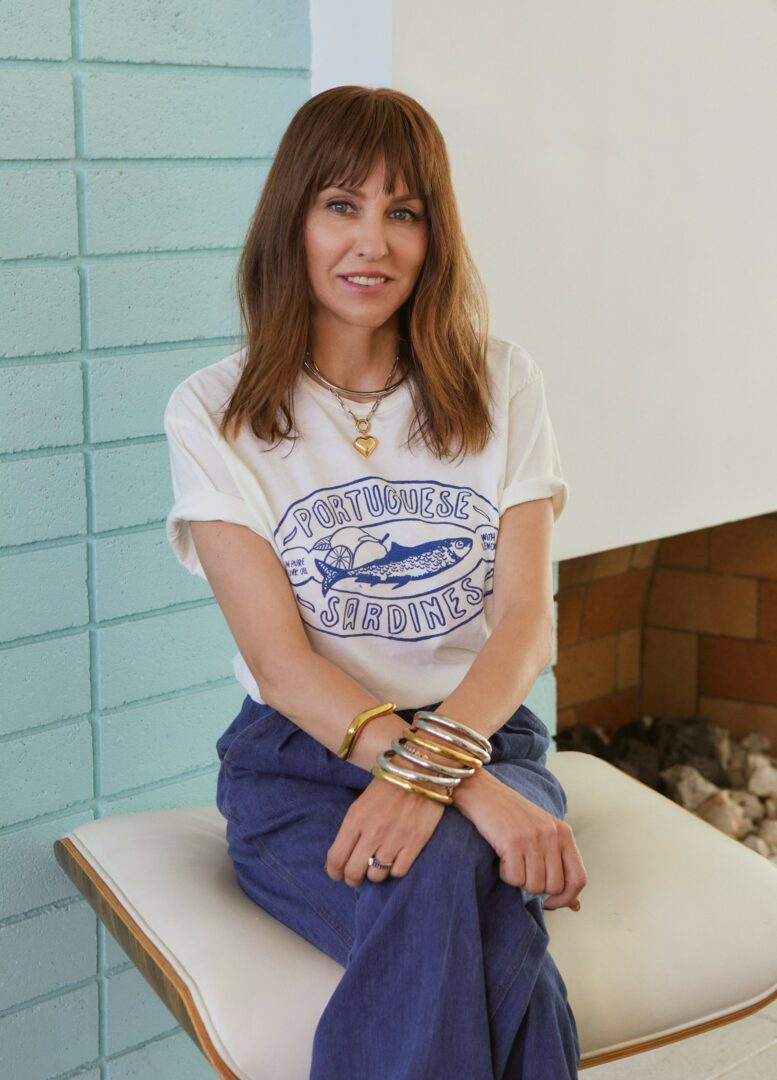
I think growing up where I did made imposter syndrome feel… irrelevant.
I was born and raised in Lithuania, the first country to declare independence from the Soviet Union in 1990. I was 15 when Soviet tanks rolled in to crush that decision. My parents took me to protest. We joined thousands of others forming human walls around TV stations to stop the Soviets from taking control of our voice. Read More>>
B.W. Jackson
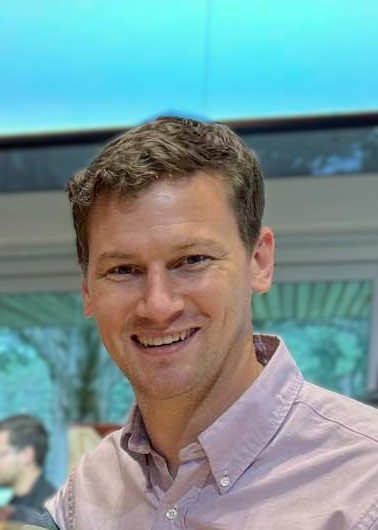
Wait, did someone figure that out? I’d like to meet them.
Only kidding. I think the way you overcome imposter syndrome is learning to live with it, and the way you learn to live with it is by reminding yourself that everything we do, in this incredible universe, is small beyond our comprehension. That doesn’t mean we are unimportant or undeserving of recognition, but having a sense of proportion is helpful. Read More>>
Murphey Hatcher
I slowly started to change my vocabulary. I went from “I’m making candles” to “I’m working”. I started to set work life boundaries.
I kept working. Eventually the imposter syndrome was drowned out by experience. Read More>>
Kate Lingoni
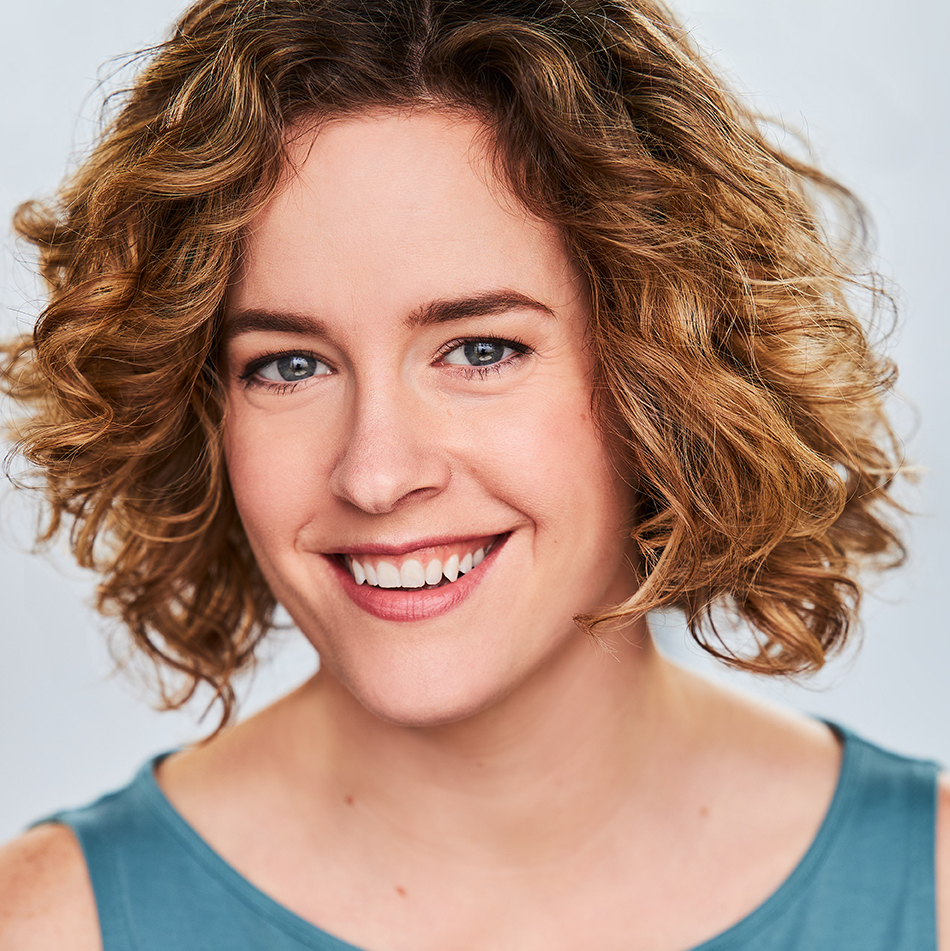
I didn’t overcome it – I learned to reframe it.
Coming from a science background with no formal business education, it was easy to feel like I didn’t “belong” in boardrooms or strategy sessions. I wasn’t armed with an MBA or corporate lingo – but I was trained to ask better questions, identify root causes, and make decisions based on evidence, not ego. That’s been my superpower. Read More>>
JP Warner
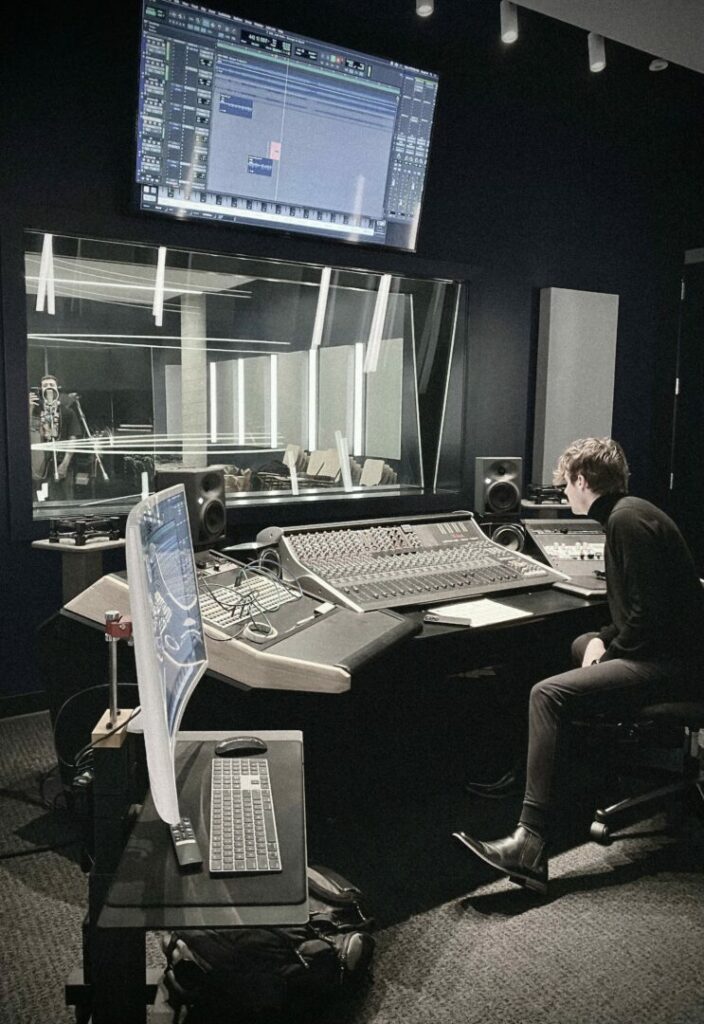
It’s very much something I’m still working on! In a field as flooded with such talented artists, performers, and producers, I think impostor syndrome is a constant battle for nearly every professional musician. Social media makes it all the more difficult — constantly seeing curated highlights from fellow creatives doing amazing work can make anyone feel like they’re not measuring up. Read More>>
Alexandra Jensen

When I started off as a writer, I didn’t feel like a writer. When I became a published author, I often shied away from calling myself an author. I felt like an imposter of sorts, a wanna-be, or someone who was trying too hard to be something she was not—until I realized that the stories of my past have refined me. I can be used by God as an author, not because I am perfect, but because of God’s perfect love coming to fruition in me. God doesn’t use me as an author because I am excellent in every way, but rather because I am broken. Broken vessels are better able to leak God’s grace and the Living Water of Jesus unto a world in need. Read More>>
Ashley
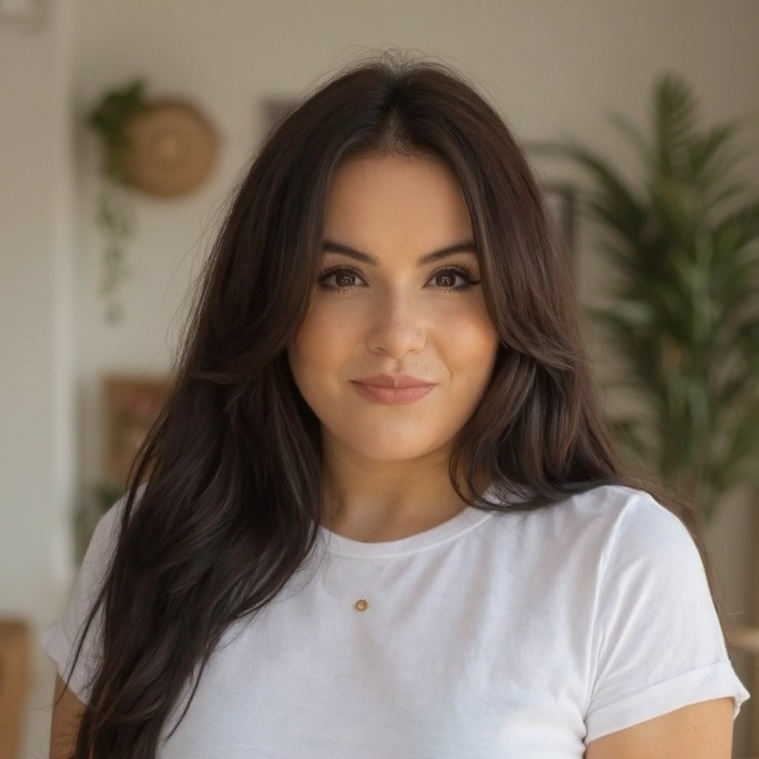
As a Latina woman in tech, imposter syndrome wasn’t just a quiet voice in the back of my mind — it was woven into rooms where I was often the only woman, the only person of color, or both. I’d question if I belonged, if I was “technical enough,” or if I was being heard for my ideas or simply heard because I made sure to speak up. Read More>>
Kehrmie Kehrmeyer
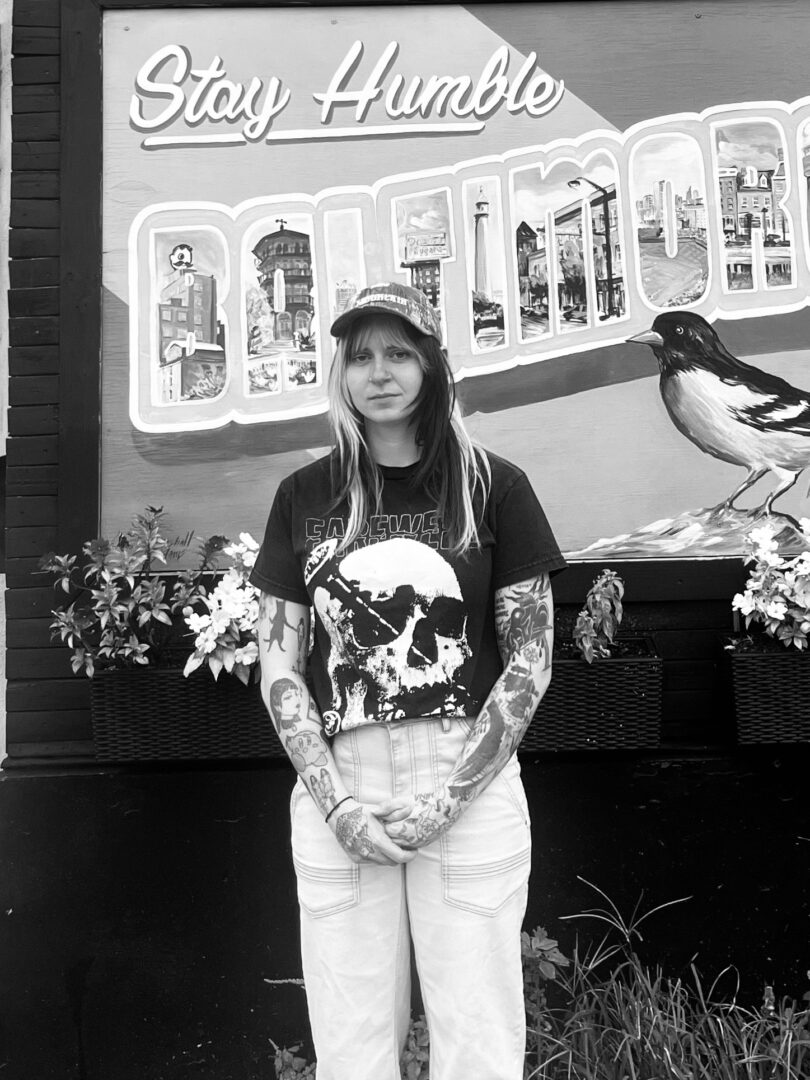
Truthfully, I don’t think I have- and I don’t think I ever will. There’s always going to be someone better than you at any given thing, but I think it’s important for tattooers and artists to keep growing and pushing forward. The discomfort that comes with imposter syndrome actually helps me in that growth process. When I start feeling too comfortable with what I’m making or in my routines, that’s usually when I push myself harder to develop my skills. Read More>>
Ajijul Hasan Surzo
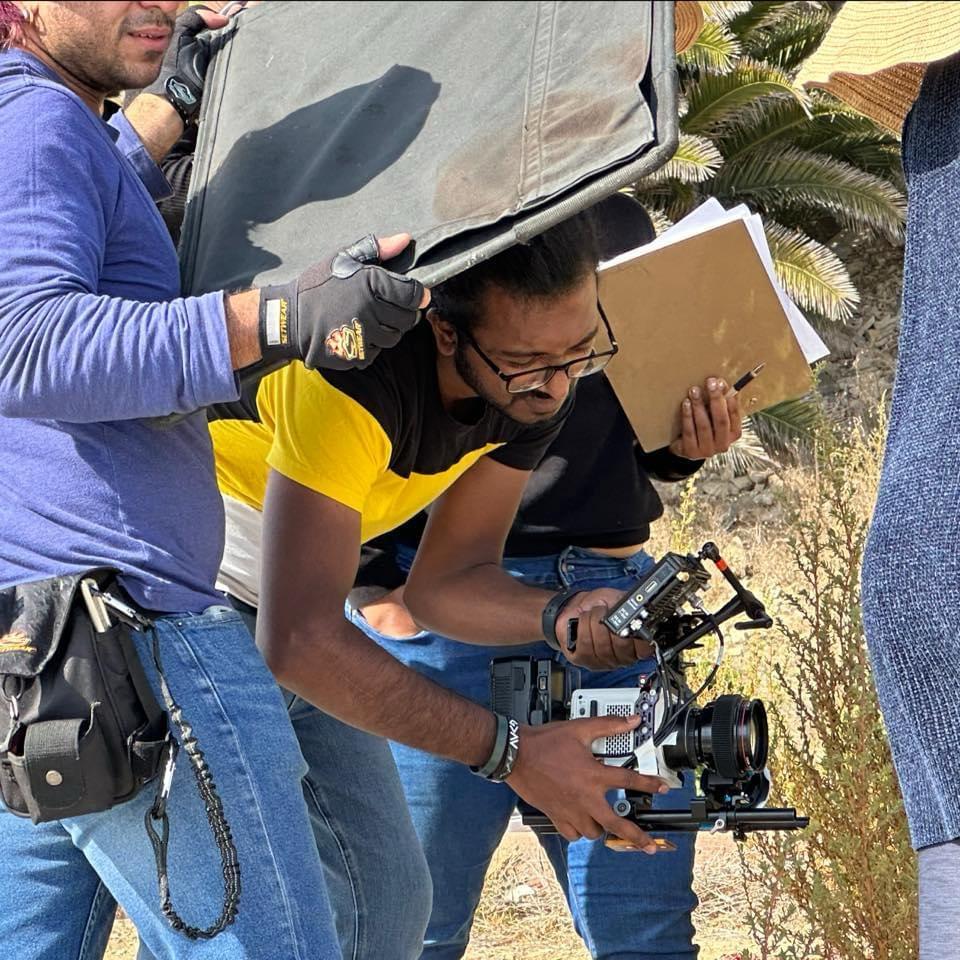
For years, imposter syndrome followed me through every city, every new project. That quiet voice asking: Do you belong? Each move meant starting over – rebuilding connections, proving myself again.
Then came to Los Angeles. Read More>>
Yejune Kim

I always try to find something that only I can do. Rather than aiming to be “excellent,” I want people to say, “That’s a Yejune Kim piece,” the moment they hear my work. That’s what I consider true skill.
For example, Heavy Heaven—a musical I wrote book, lyrics, and music for—features my favorite animal as the protagonist: a pig. Read More>>
Shelly Qualtieri
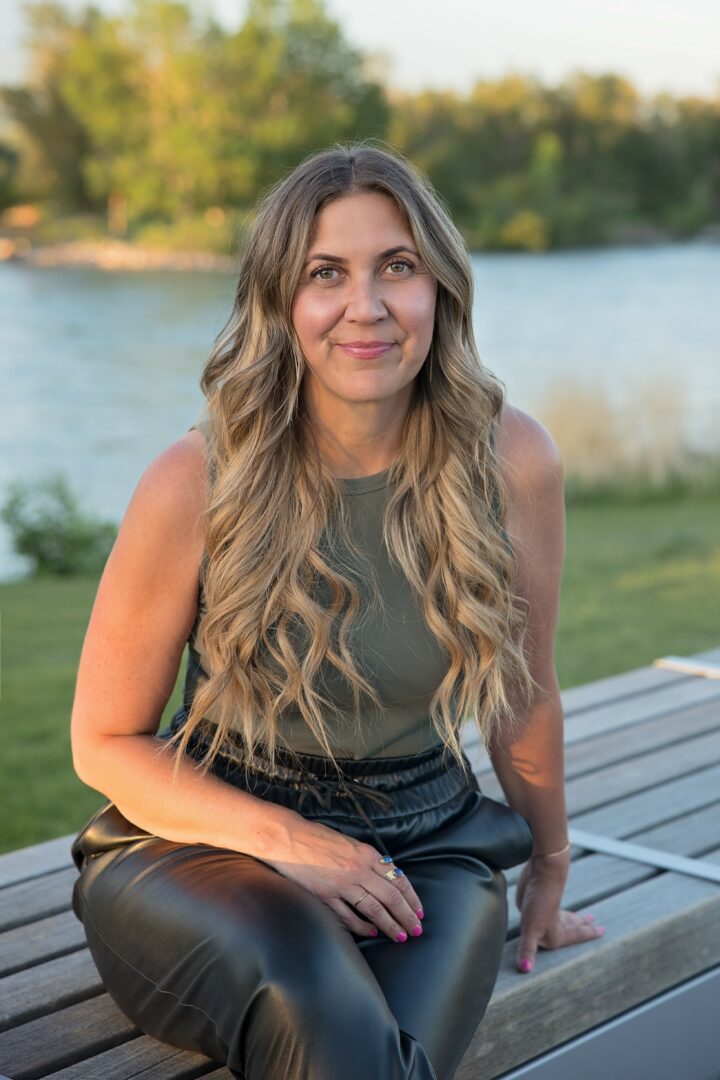
When I opened my therapy clinic seven years ago, I was equal parts excited and terrified. I had the passion and the vision, but I also had a constant whisper in my head asking, “Who am I to be running a clinic?” Every decision — from hiring my first therapist to signing a lease — felt like it could make or break everything. Read More>>
Brandi Scott

Its about learning to understand the feeling and how to DO even when the imposter feeling surfaces. As a first-generation high school graduate who came from poverty, I remember feeling intense imposter syndrome when starting my first semester of undergrad. I felt like everyone knew I didn’t know what I was doing and that I didn’t belong there. Read More>>
Layla Bird Revoldt
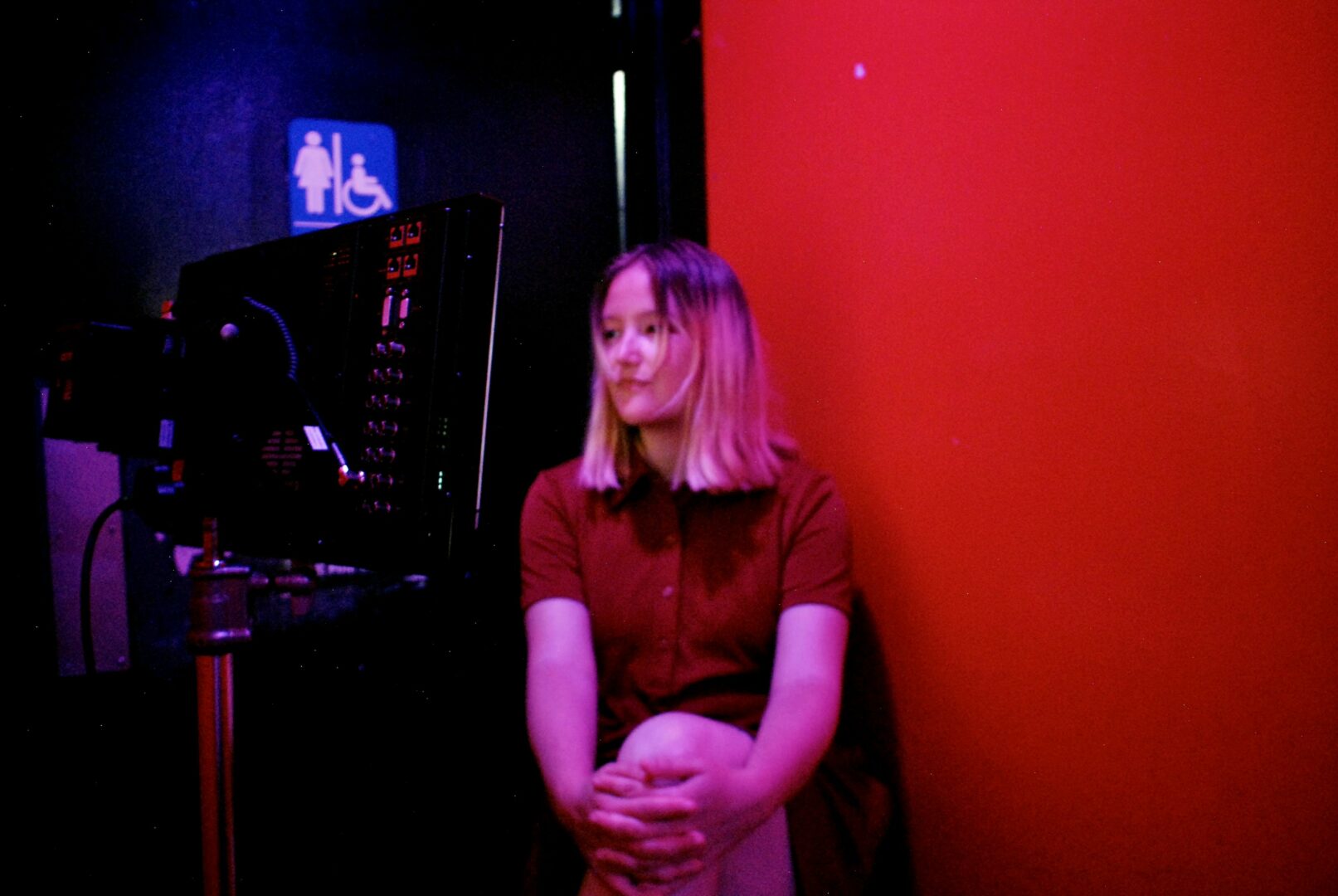
When I first moved to NYC, to attend NYU Tisch School of the Arts, I was only 19 but I had already experienced a lot. I was from a home twice broken, I had moved more than 21 times, survived the Flint Water Crisis, had a gun pointed to my chest, worked a job for six years, lost people close to me to drugs, and lived on my own (with other teens) for over a year. Read More>>
Kate Perets
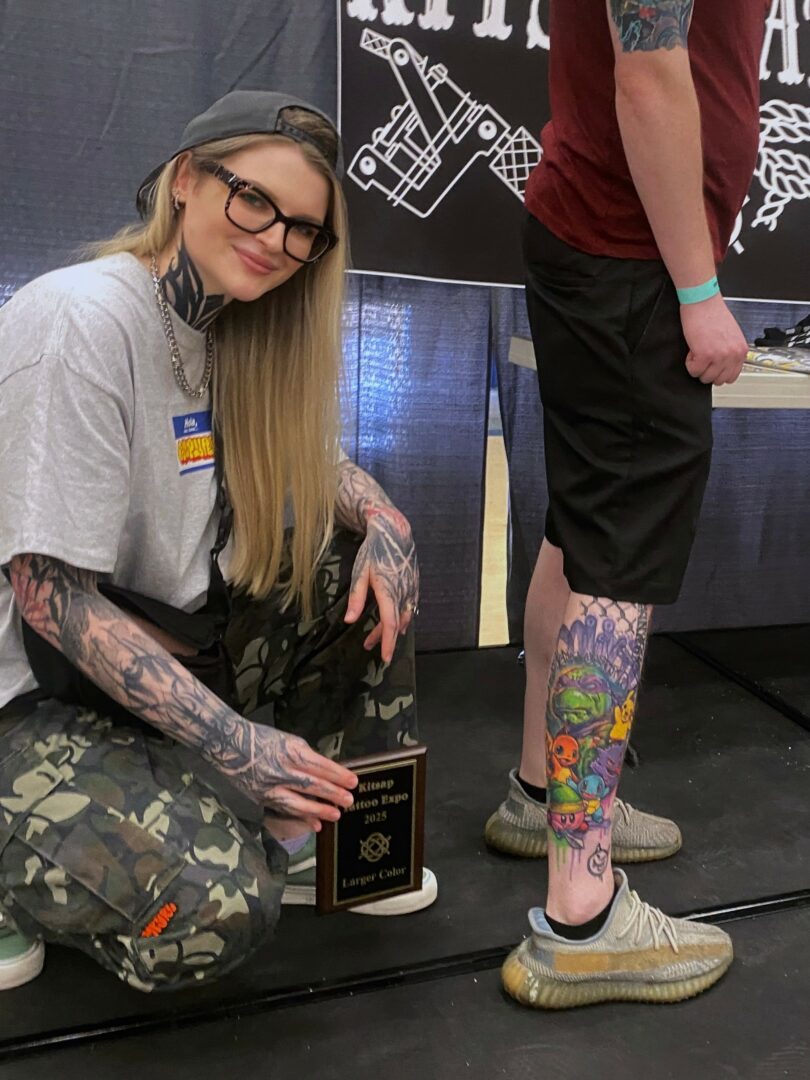
I didn’t. And honestly? I don’t want to.
The moment an artist thinks they’re good enough — they’re done. That’s not an artist anymore, that’s a confident mid-level performer coasting on comfort.
Doubt isn’t the enemy — it’s the engine. Read More>>
Danny Shot
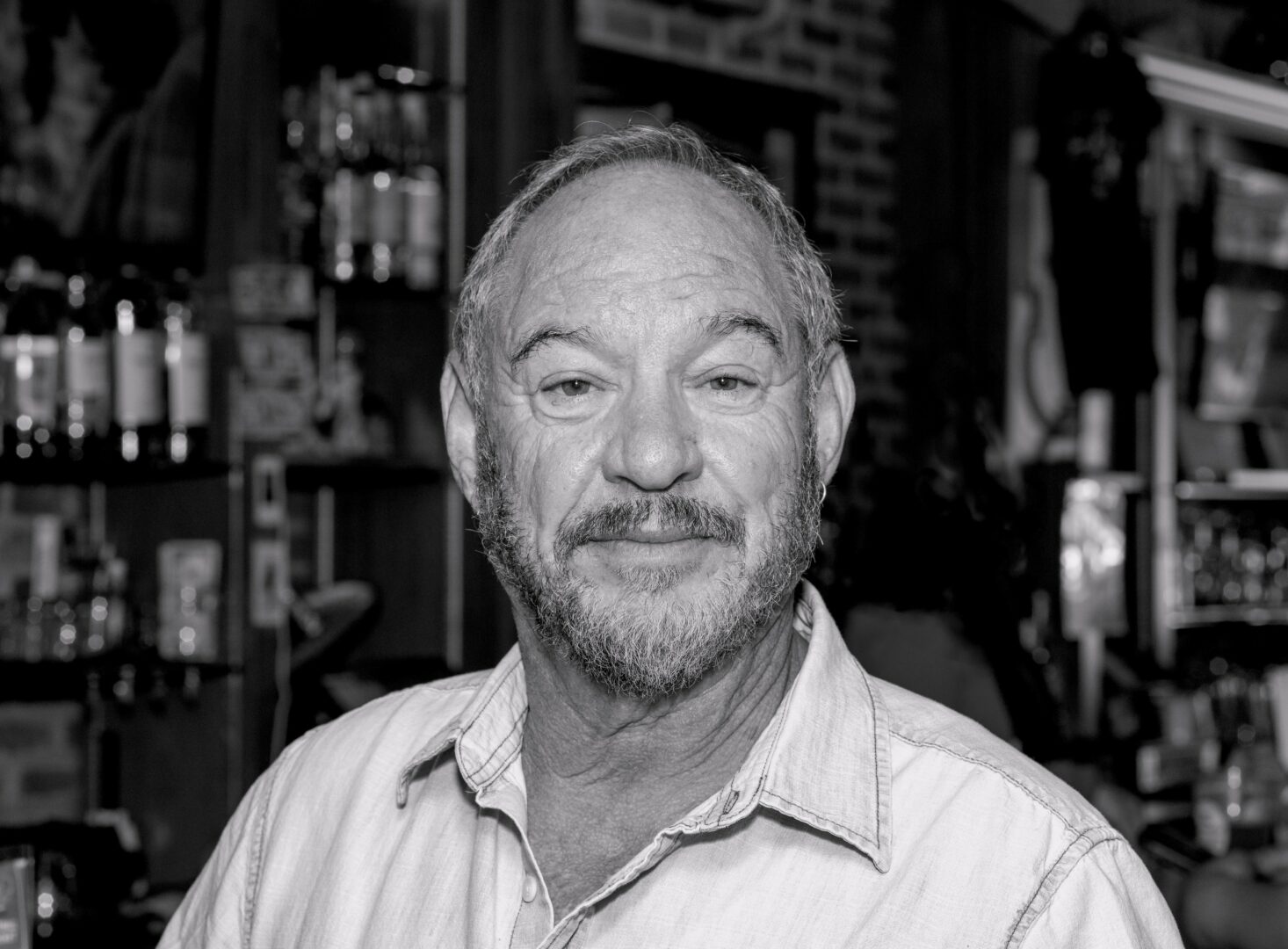
I haven’t overcome my imposter syndrome. To a certain extent, I’ve aged out of it, but when I look at other poets and writers I’ll often say to myself “wow, so and so is much more talented than me, or so and so’s work is more relevant than mine, or so and so is really making it, what about me?” But then I think of a sonnet by Shakespeare and realize that he too suffered from imposter syndrome. I figure if Willie Shakespeare can overcome debilitating doubt, so can I. Here’s his sonnet about that: Read More>>
Maygen & the Birdwatcher
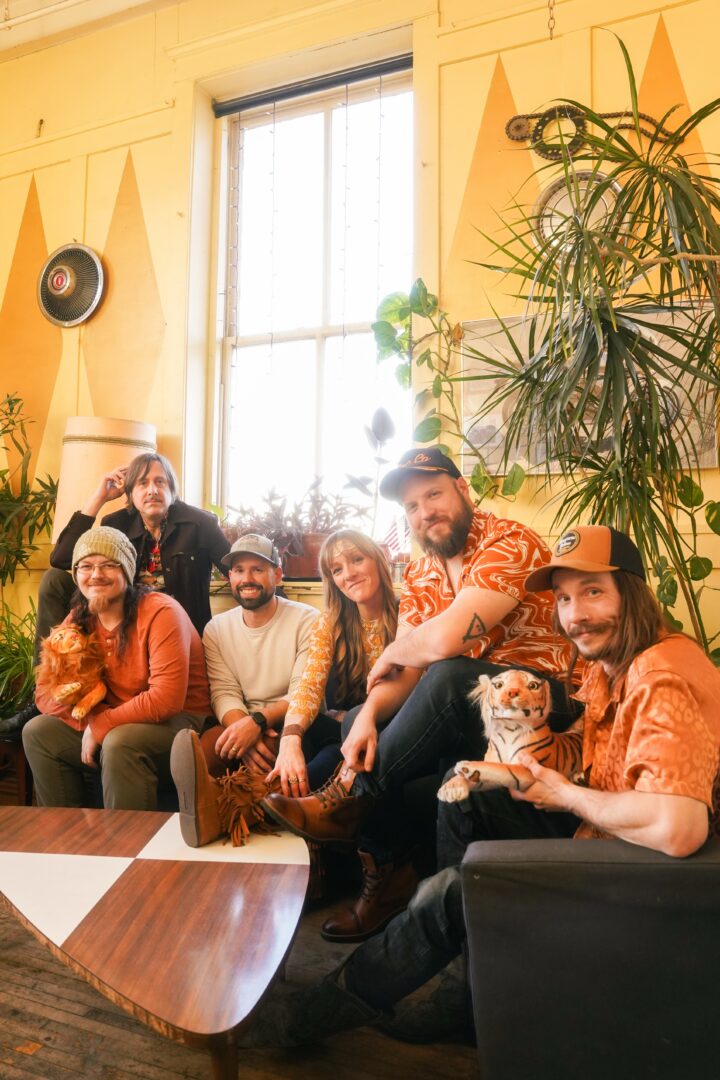
In our experience you never really overcome it entirely. No matter what heights you may achieve there’s always some new situation, or a new lease in which you’ll feel inadequate. What I’ve learned is, in those moments to tell myself that there is a reason that I am in the position I’m in even if I can’t see it right now, and that it’s okay if a situation highlights an area of growth. Read More>>
Monica Dubray
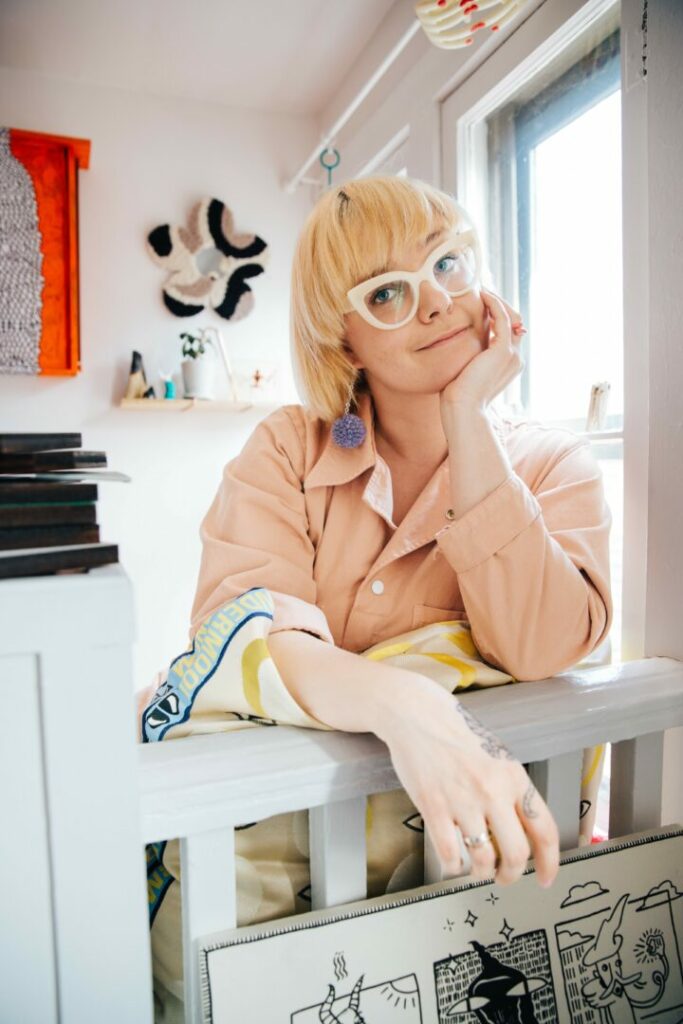
I don’t think imposter syndrome is something to vanquish, or an insecurity to shake over time. She’s along for the ride whether I like it or not. It’s up to me to decide how I react to it.
For me, imposter syndrome is a part of a larger negative voice that’s just a part of me. It’s been up to me to learn and re-learn that some jobs or projects come with new things to learn, but I bring along the experience, taste, and communication skills to do the work. If it’s not perfect, it was probably still worth doing even if it made me uncomfortable to not know everything from the jump. Read More>>

